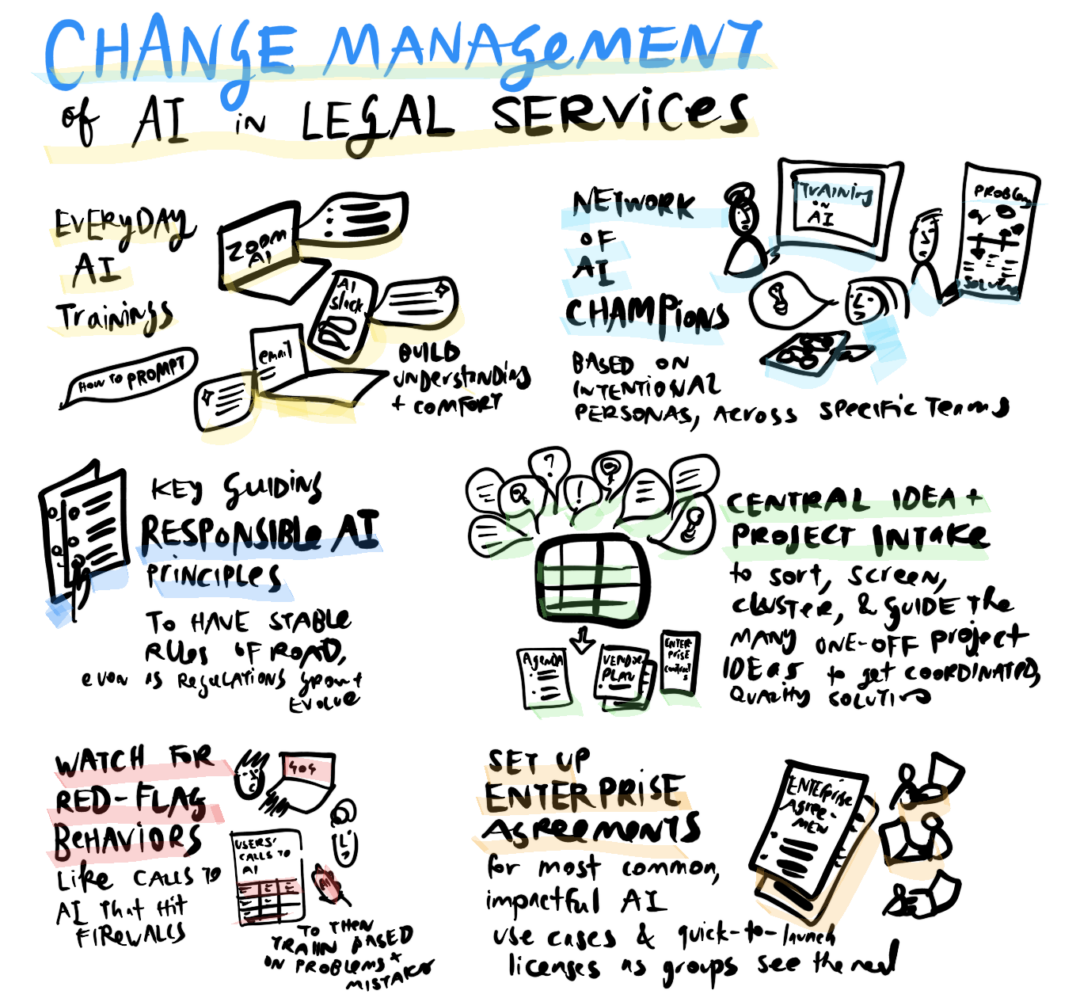
AI in Legal Teams: Change Management Plan
At recent events, I’ve heard great strategies and examples from legal organization leaders, about how they are rolling out Responsible AI policies and R&D efforts inside legal groups.…

At recent events, I’ve heard great strategies and examples from legal organization leaders, about how they are rolling out Responsible AI policies and R&D efforts inside legal groups.…

The British Columbia, Canada group People’s Law School has an OpenAI-powered chatbot to help people get legal information: Beagle+. You can try out the Beagle+ Chatbot here, or…

Lois Lupica, working with IAALS and the Bohemian Foundation, made a guide for legal help providers about how to effectively communicate information to the public about the legal…
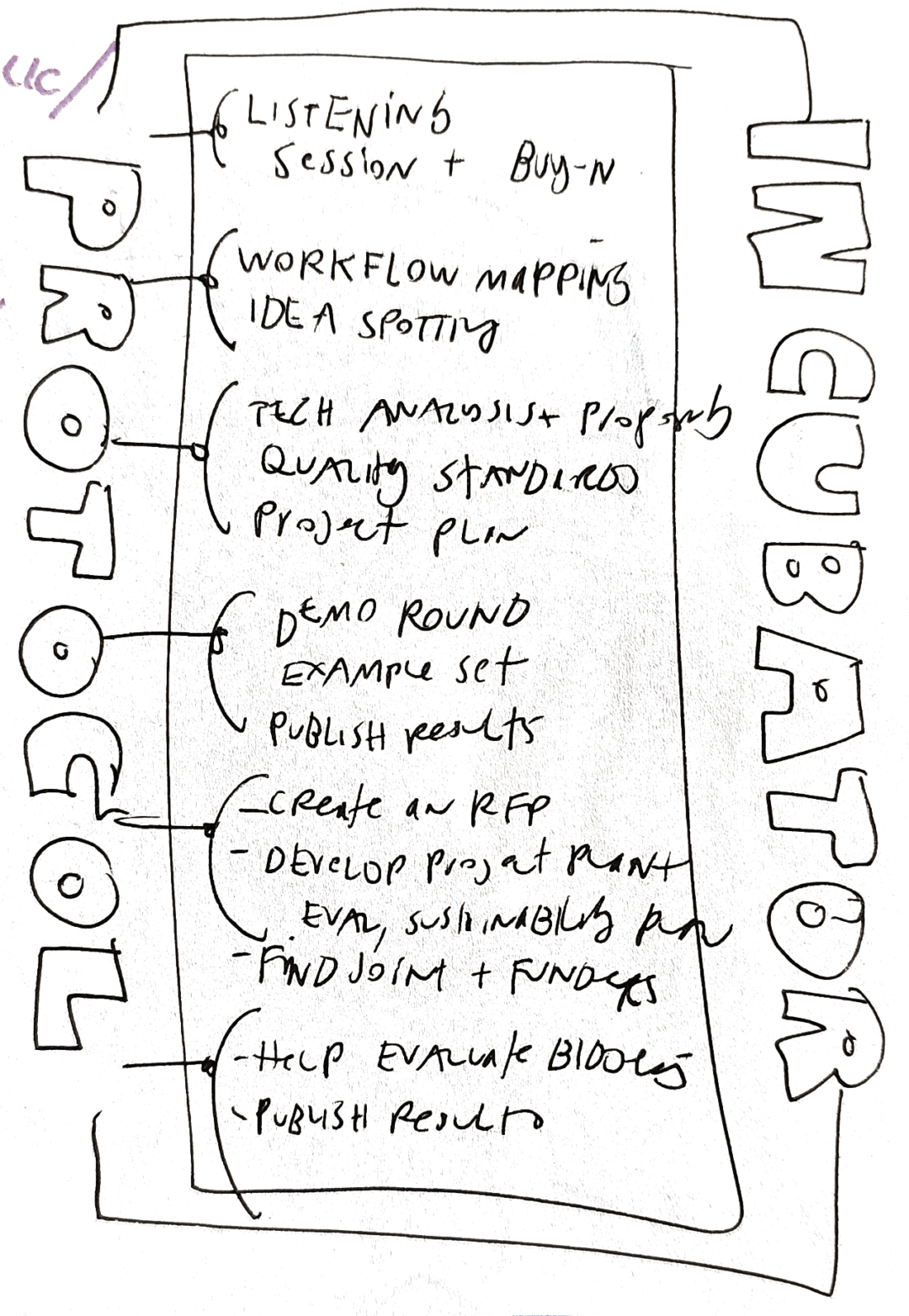
With the new wave of excitement & innovation energy that has come with generative AI over the past year, I have been reflecting on what university groups are…
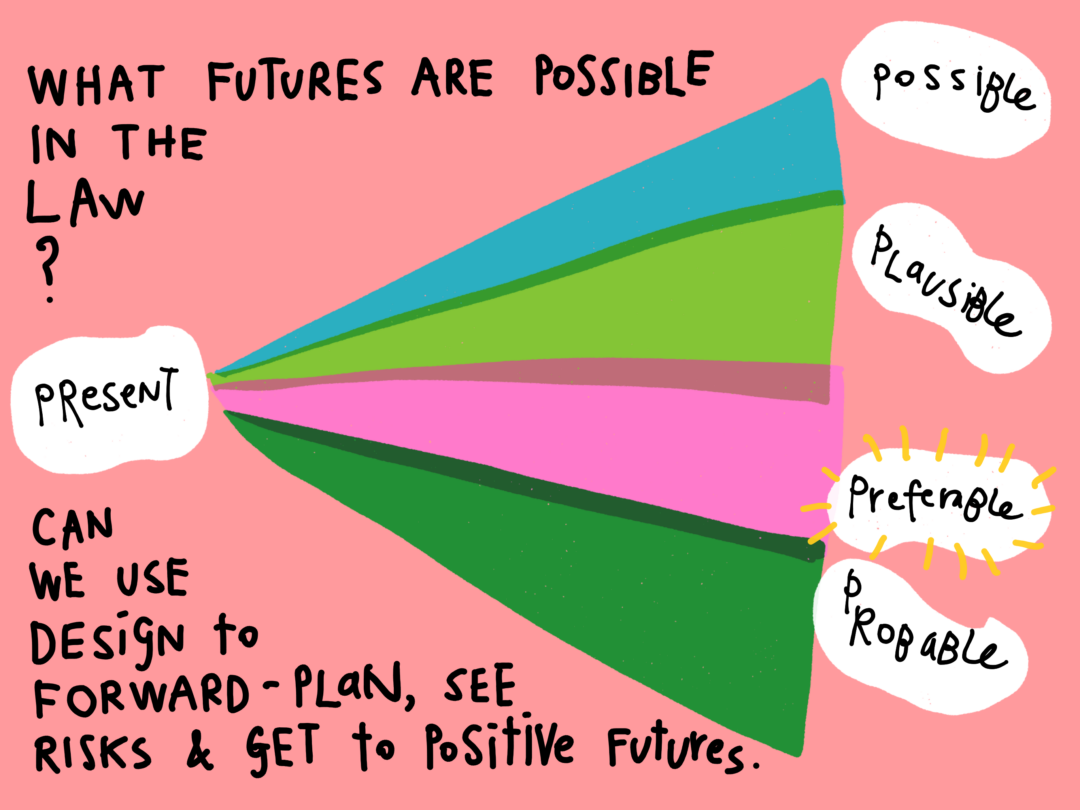
At this year’s Legal Design Roundtable in Brussels, many legal designers presented on what methods they are using for legal reform. One main theme was around Speculative Design,…
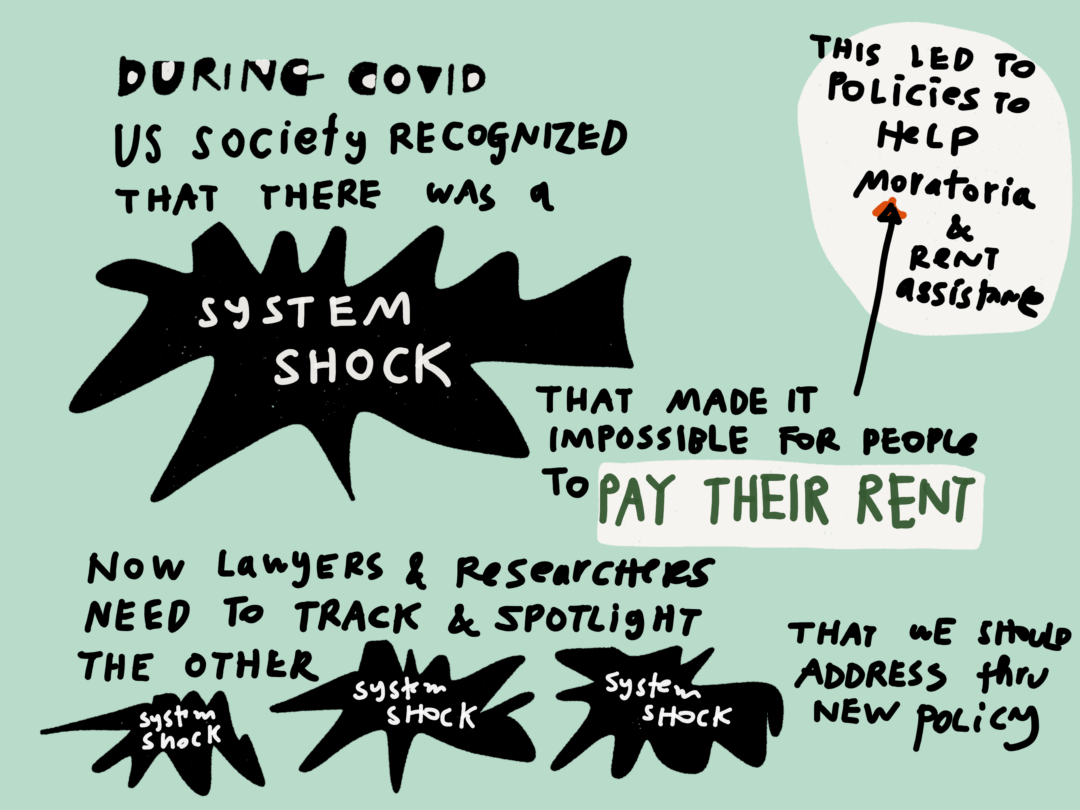
At last week’s Access to Justice Symposium hosted by the Stanford Law Review, I was on a panel about A2J and housing, with a focus on evictions. What…
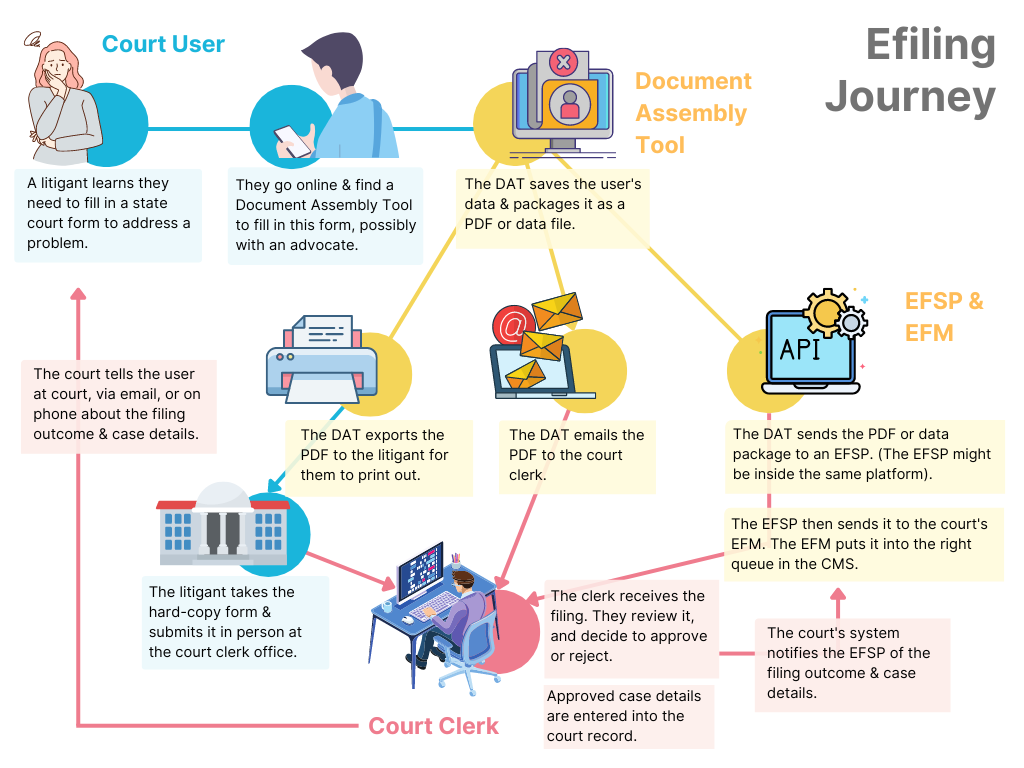
As part of my access to justice innovation work, I realize one big barrier to change is understanding how systems currently operate. For example, filing and court technology…
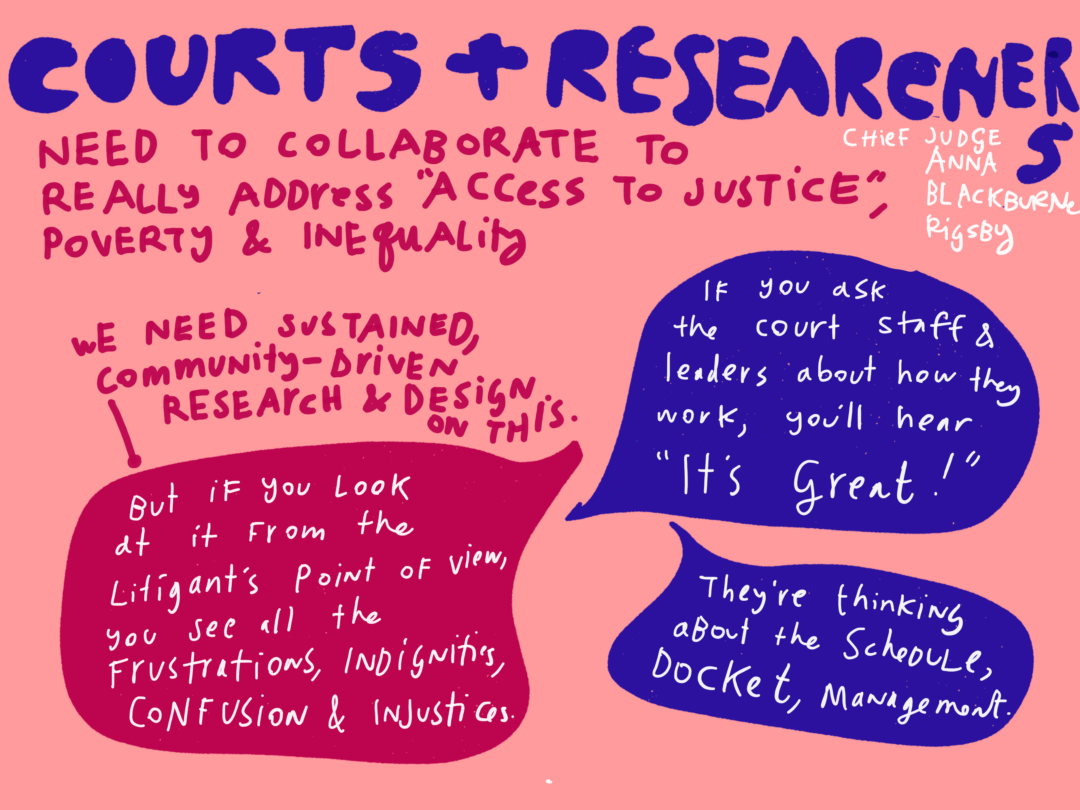
Last week I had a double conference weekend in DC. The first was with front-line lawyers and executive directors at legal aid groups and public defender officers. The…
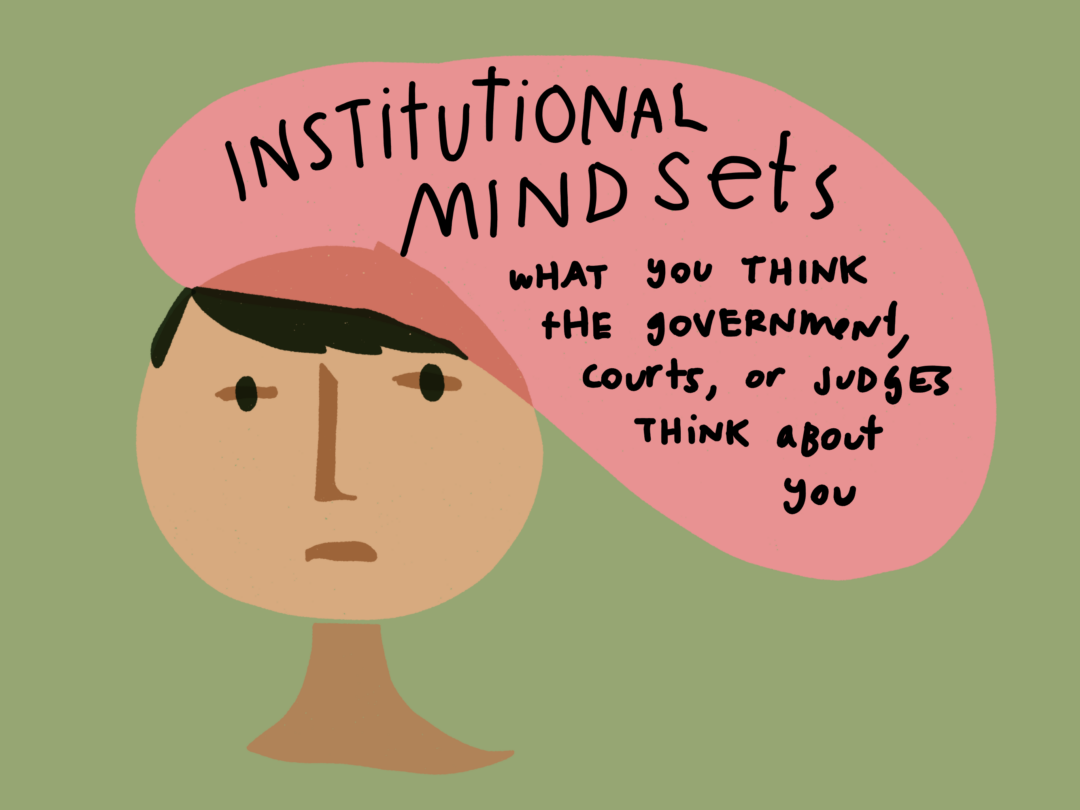
Victor Quintanilla presented at Georgetown Law/American Bar Foundation on his research on people’s experience of courts. He’s measuring people’s social psychology while going through a justice journey –…
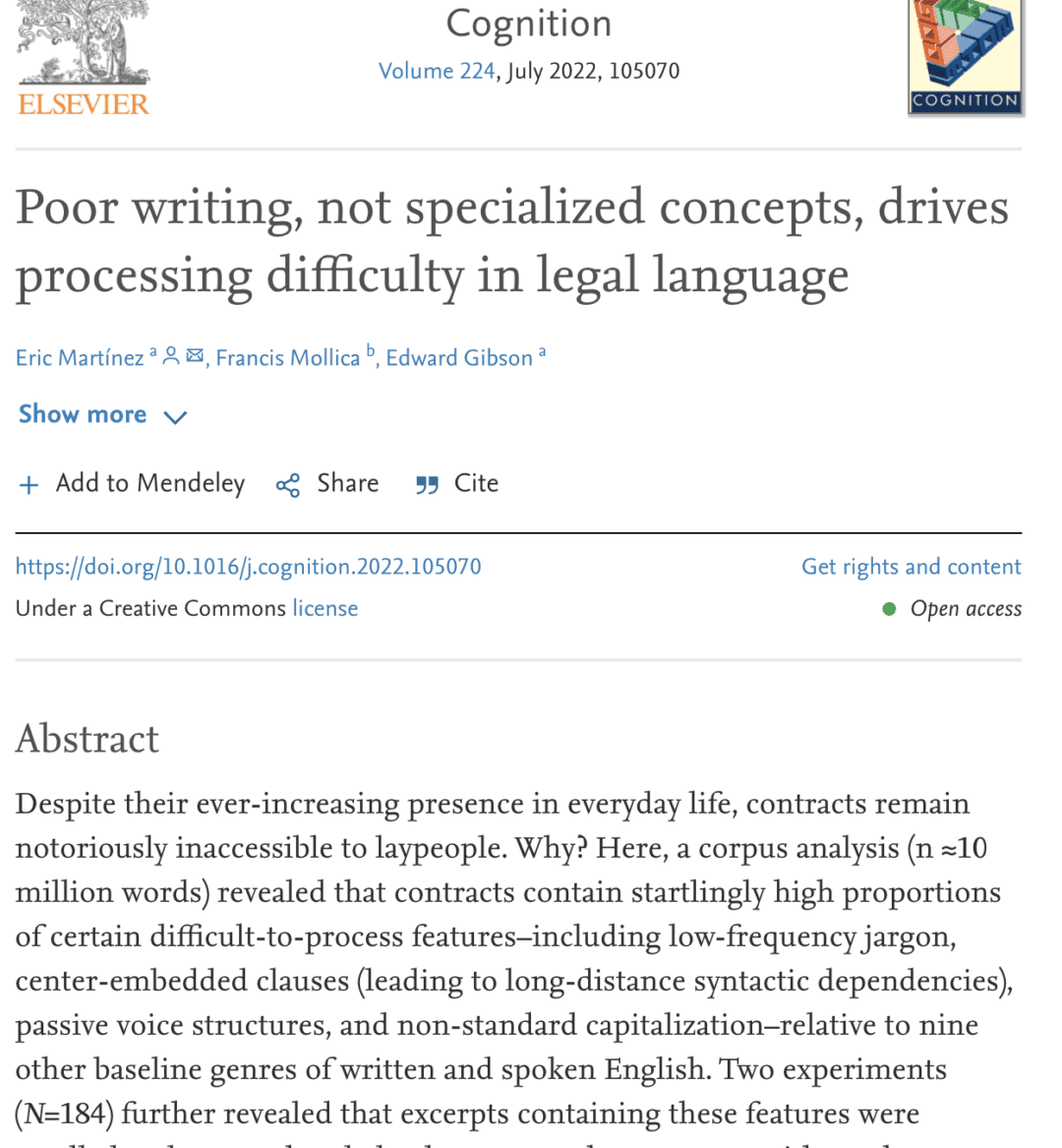
A new article in Cognition lays out an analysis of millions of contracts (compared to other written pieces of journalism or articles) and finds that these contracts are…
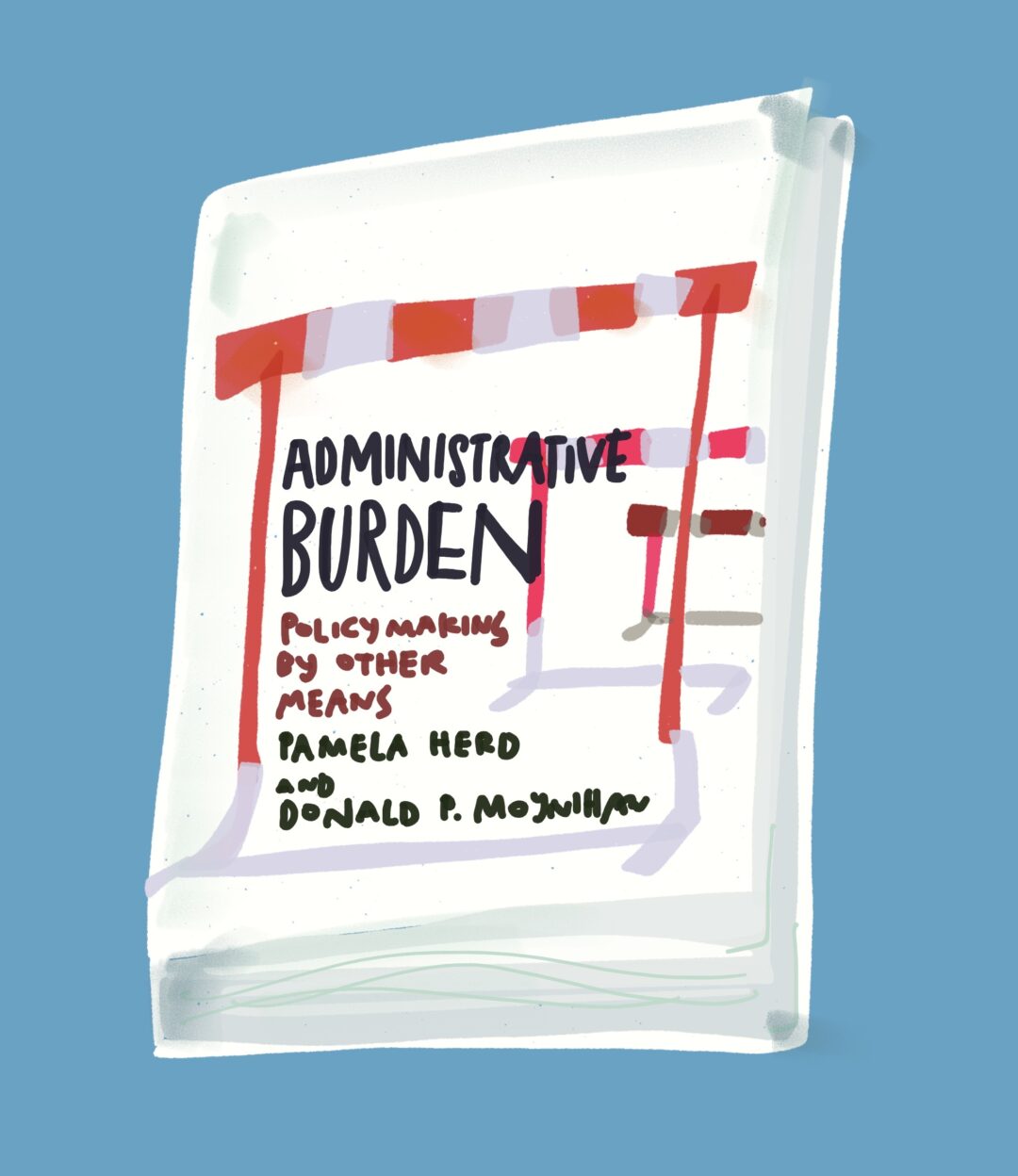
This book explains how policy-making often focuses too much on the policies in the abstract and does not focus on their actual administration. There’s too much focus on the policyholder or the policymaker, and not so much on the citizen’s experience More burdens are faced by those who have fewer resources to manage and overcome them. For many Americans, the experience of government is the experience of burden.
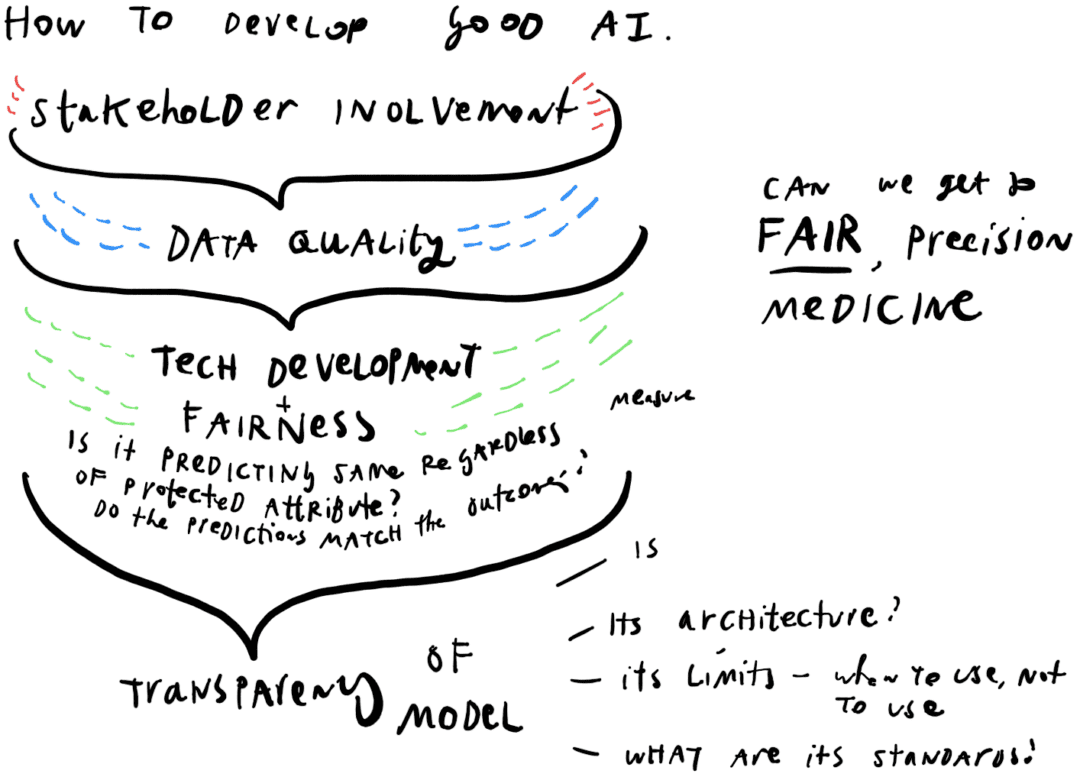
Can legal practitioners, particularly those working on access to justice, learn from how AI is being rolled out in medical systems? Can we borrow their typology of AI — and also the problems with equity and bias in past AI/health projects?
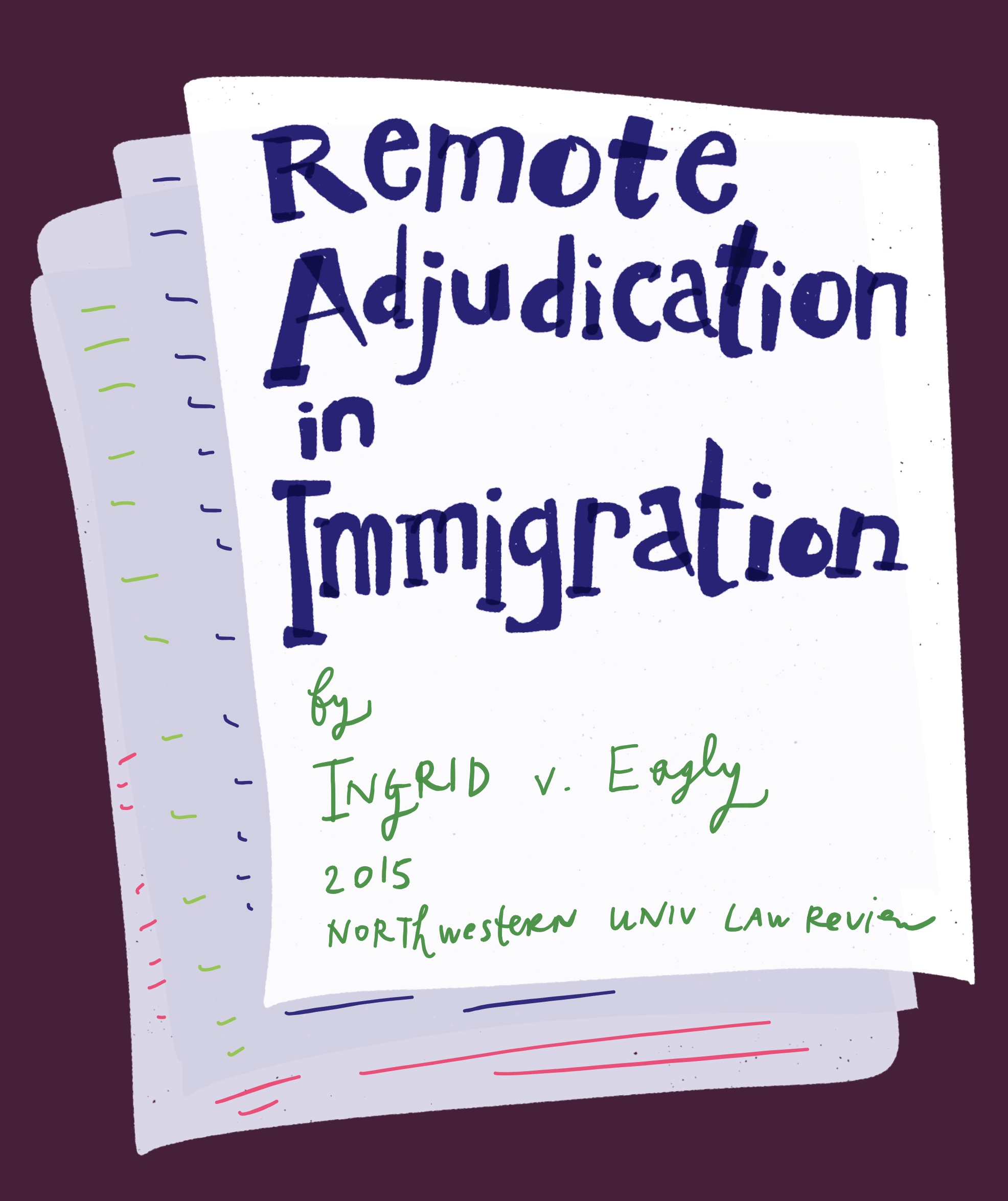
What research can we do to understand if virtual hearings improve or degrade the quality of justice that civil litigants get in courts?
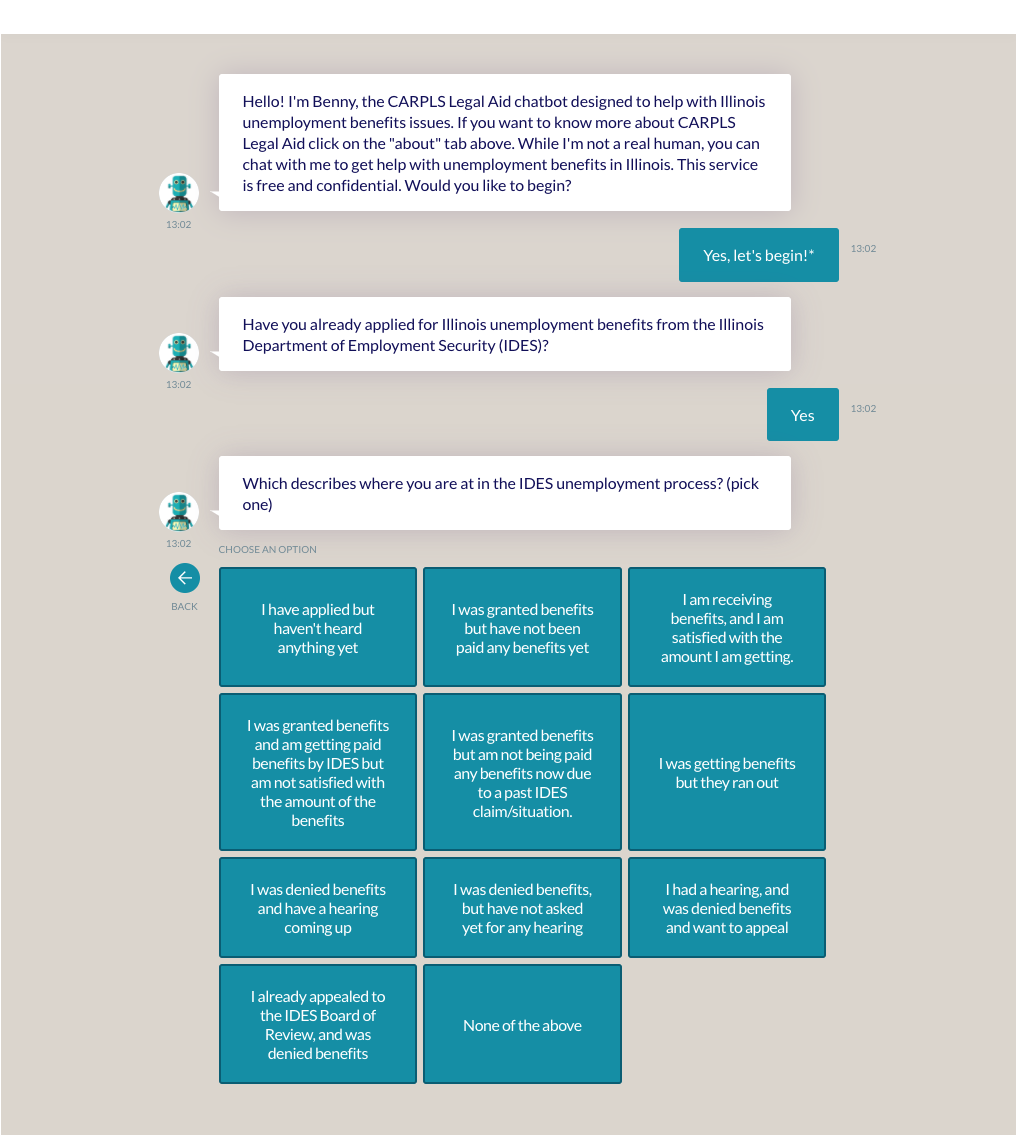
On a recent conference call, someone pointed out a new bot from the CARPLS legal aid group in Illinois: Benny, a conversational bot that can help a person…
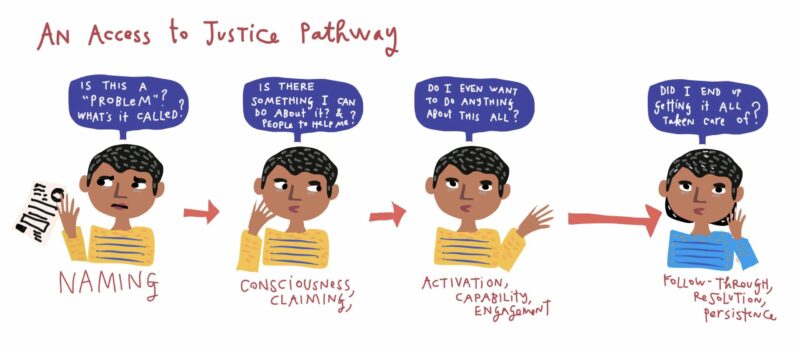
How do we activate people along the Justice pathway?I am lucky to be in a wonderful group of young scholars focused on access to Justice, with support from…
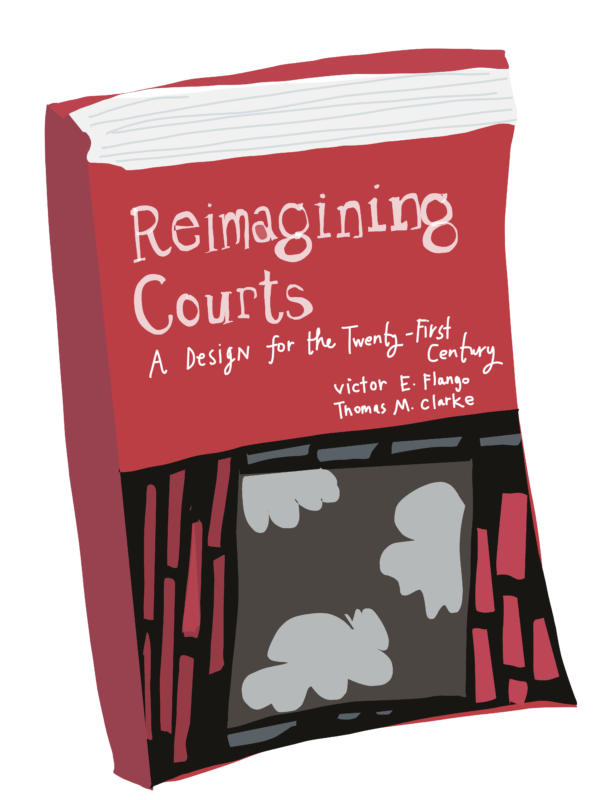
Reimagining Courts collects data and ideas for how the court system in the United States might be improved to be more human-centered and more efficient. It looks at what is happening inside of different types of court systems in the US, including some innovative new models like problem-solving courts.
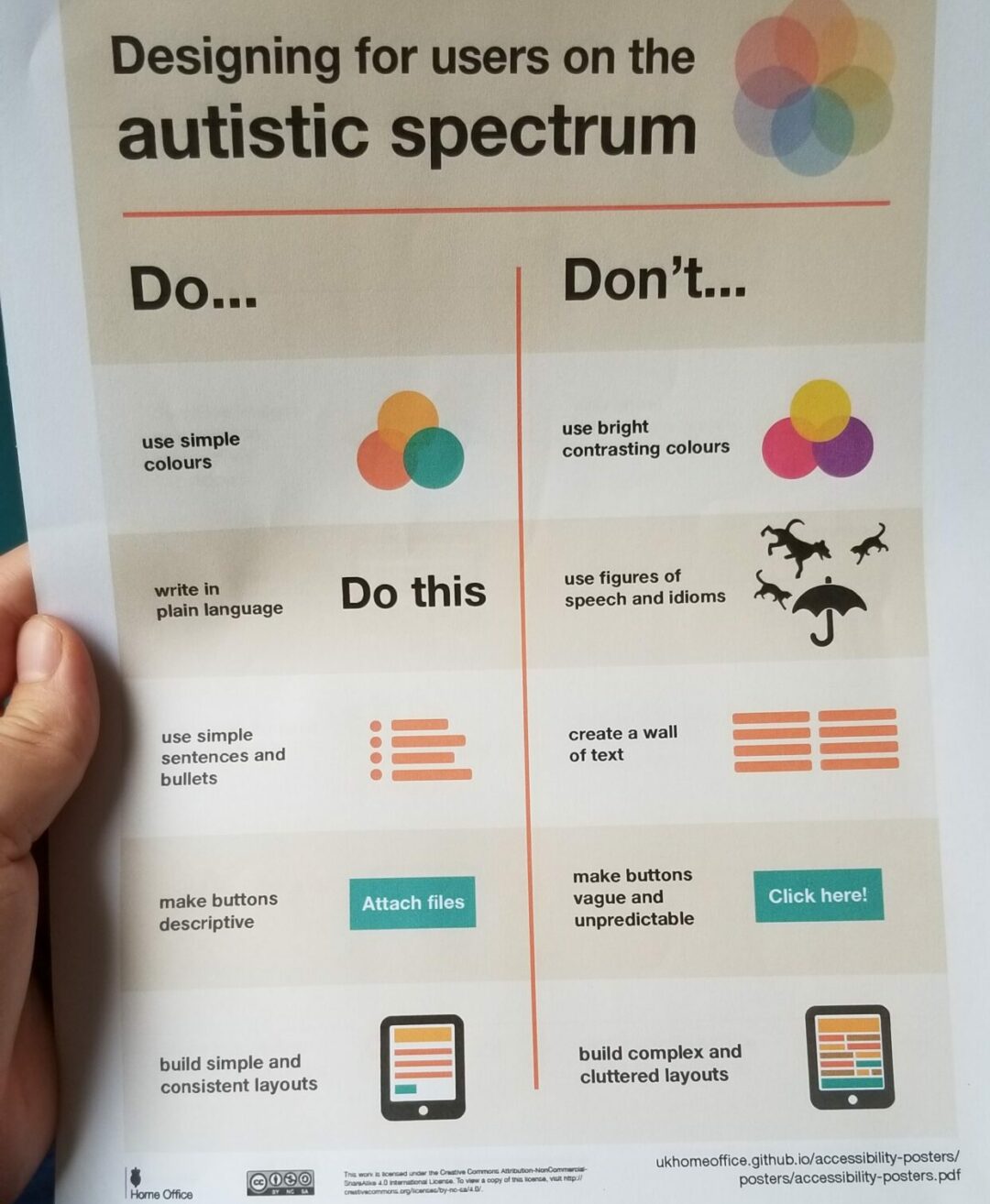
Here is a terrific visual guide for all those making legal aid, court, or government help websites. It is from the Gov.UK team, and it lays out key…
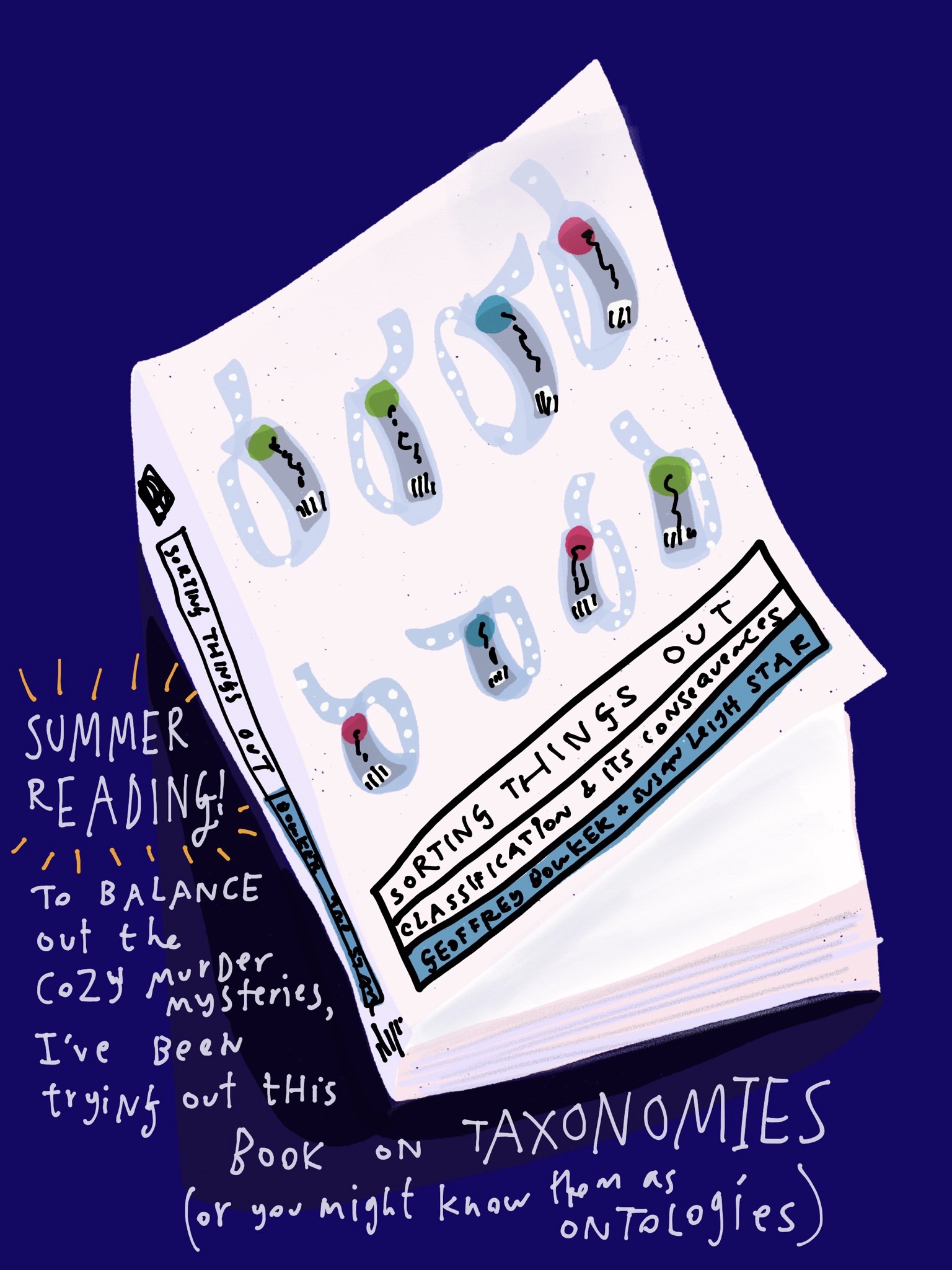
I have been working on the giant effort to make a comprehensive, user-centered taxonomy of legal issues that people have in the US. It’s called LIST, Legal Issues…
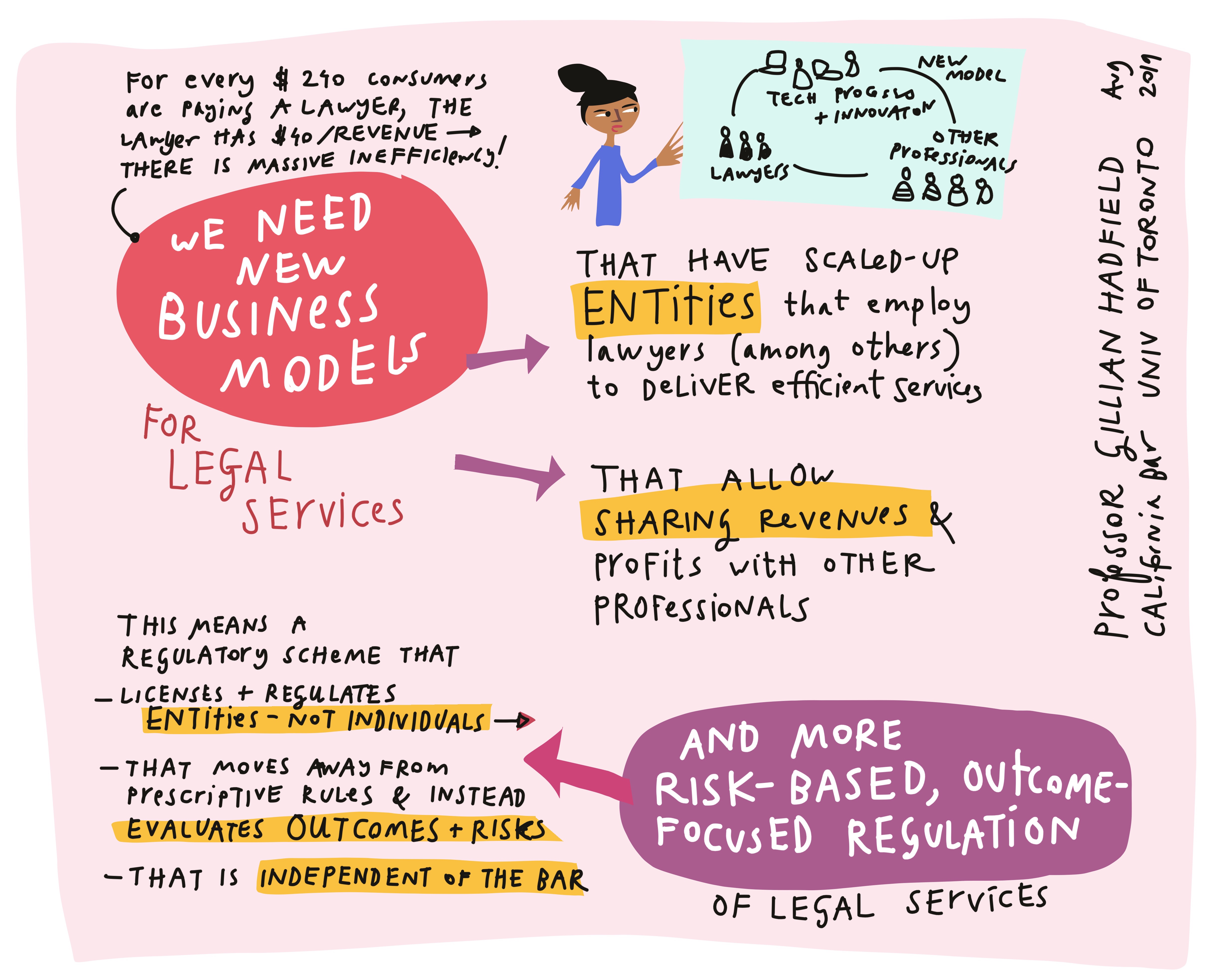
A quick sketch of Professor Gillian Hadfield’s presentation to the California Bar’s task force on innovation and access to legal services, on the need for business mod4l and…
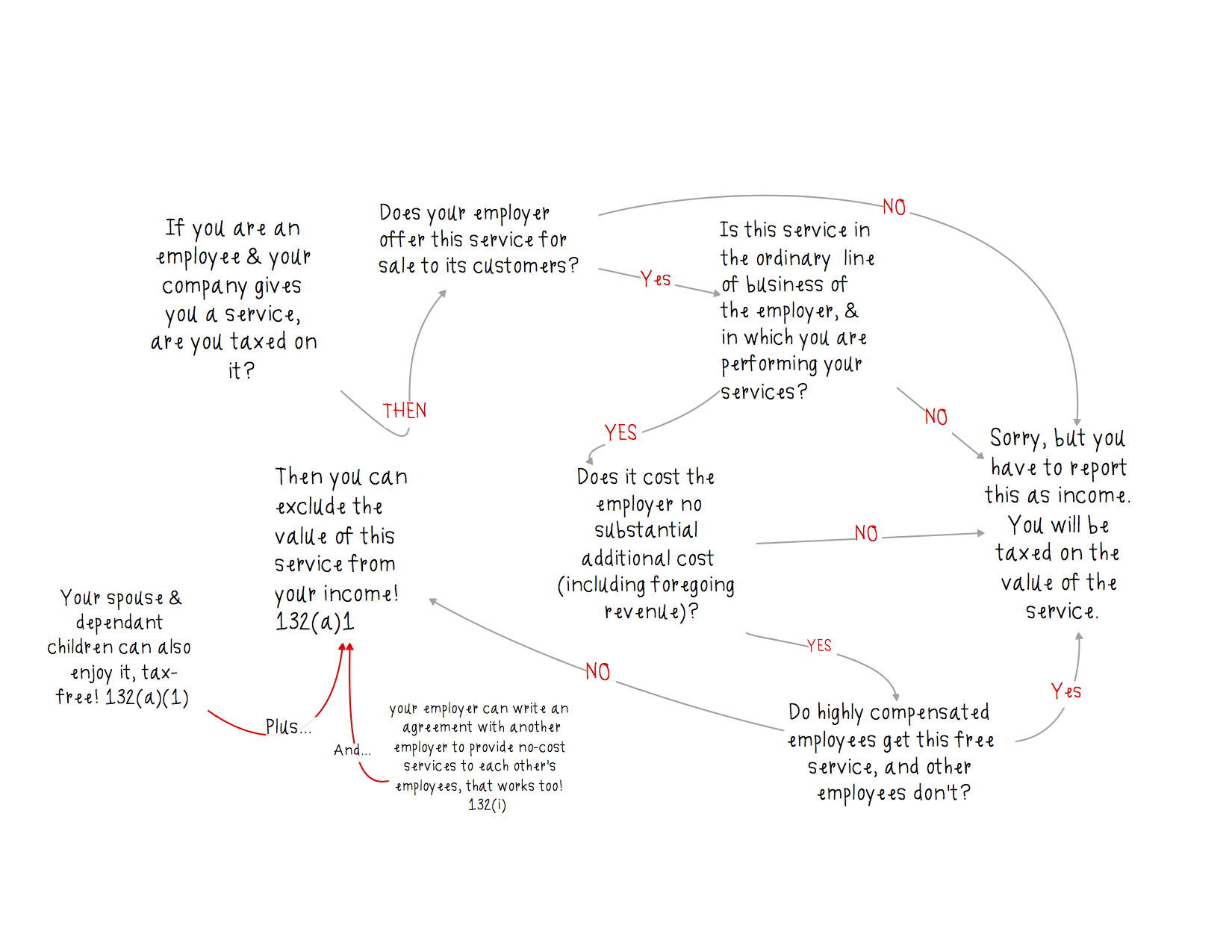
Upon some online requests, here is a backlog of 2014-dated tax law flowcharts that I did while studying for my Tax final. Flowcharting turned out to be a…
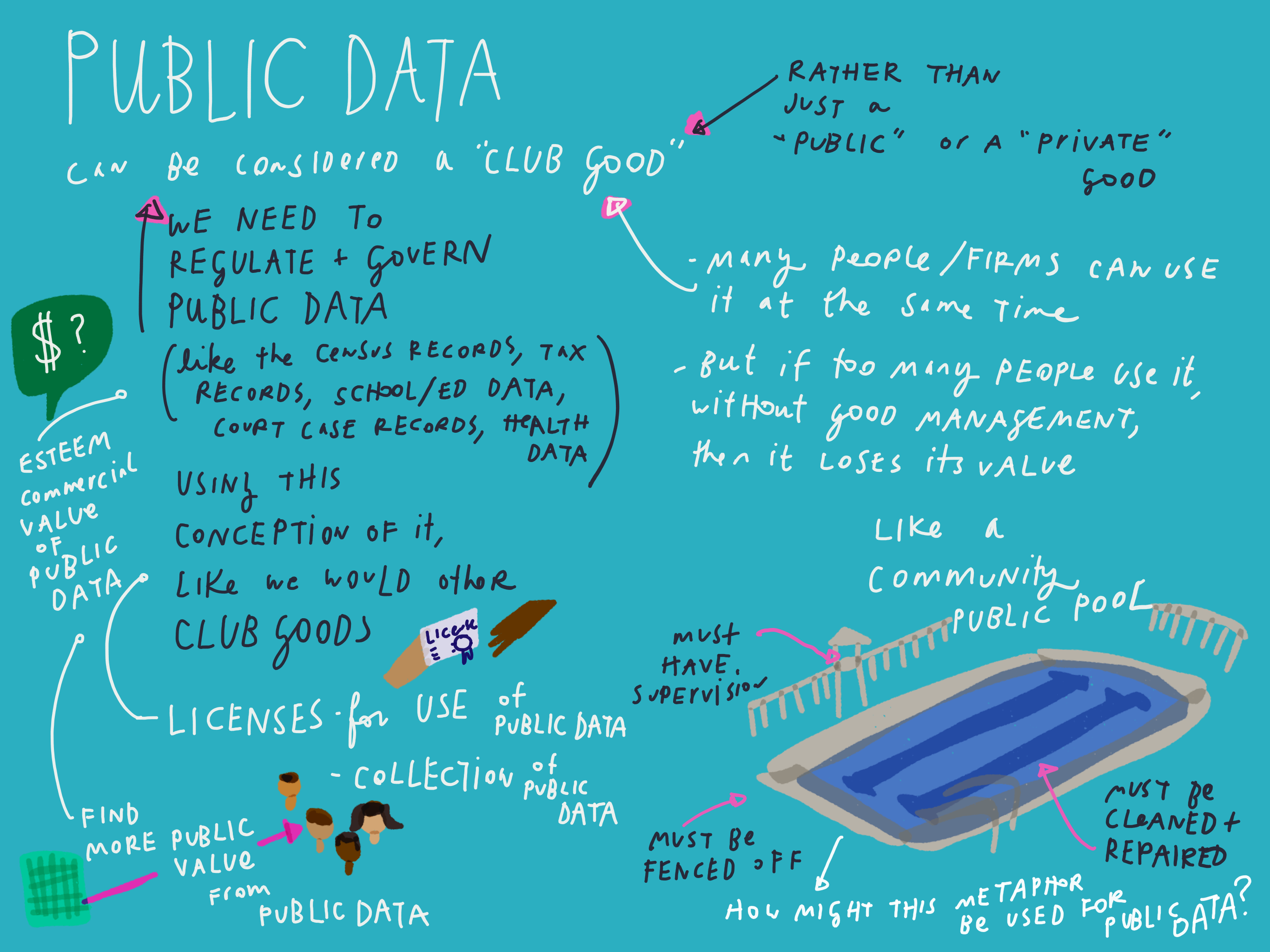
A sketch of Arjuna Dibley and Rachelle Cole’s talk on how we might conceive of government/public data not as private goods or public goods, but as club goods.…
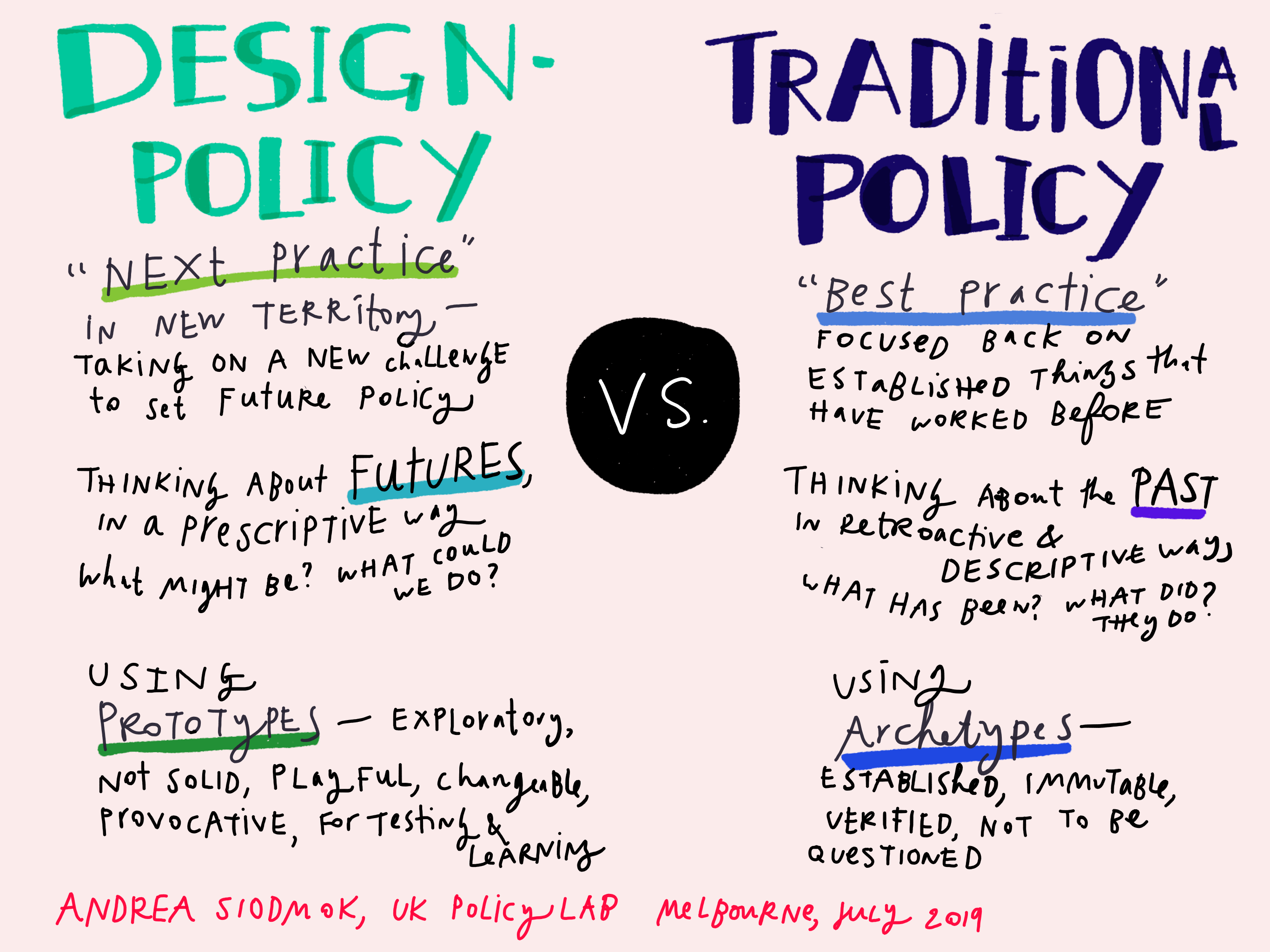
Another sketch from Andrea Siodmok, of the UK Policy Lab, about how a design approach to policy work, as opposed to more traditional or bureaucratic approach.
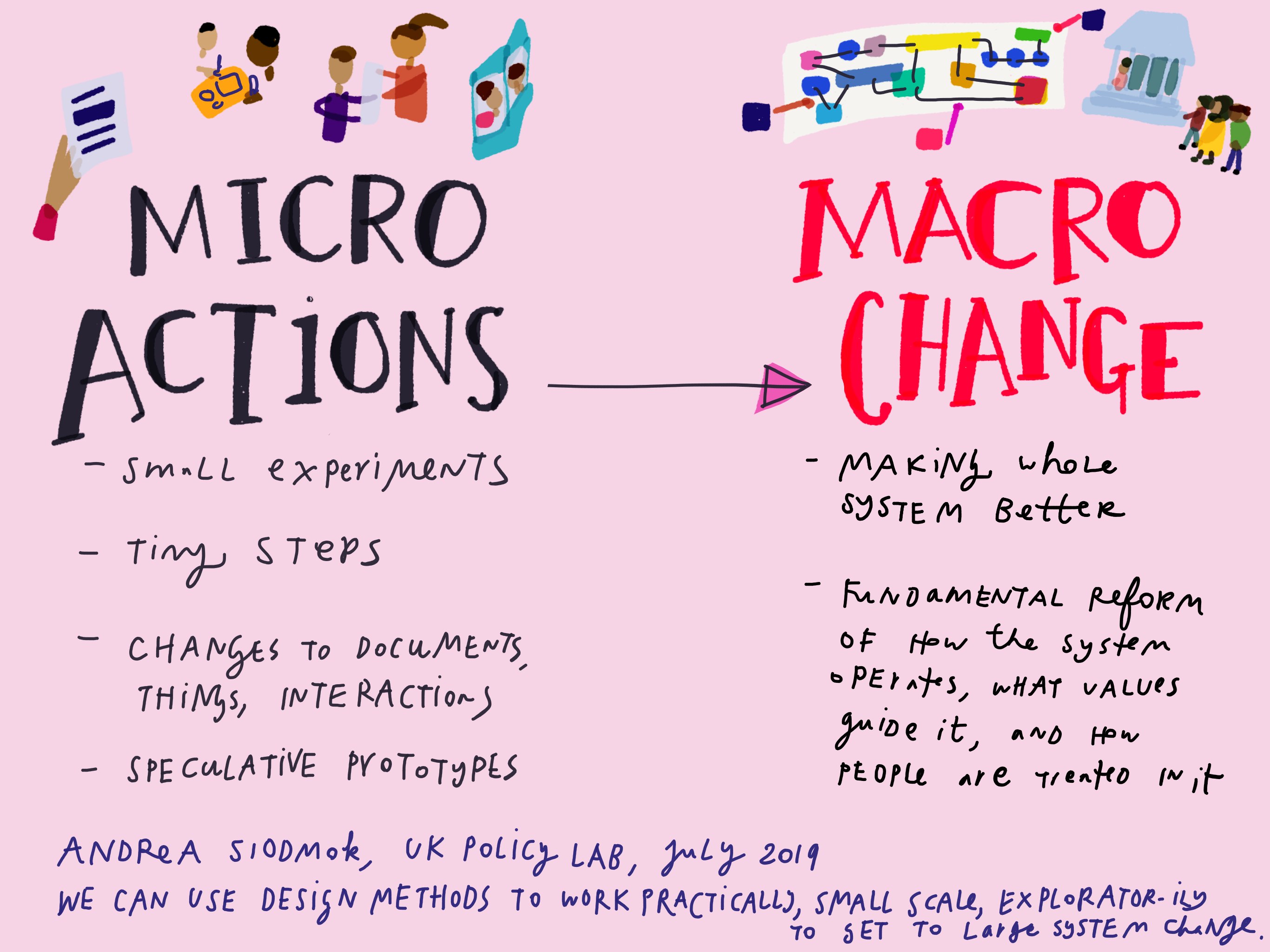
My sketches of designer/UK Policy Lab leader Andrea Siodmok’s talk at the Digital Citizens conference in Melbourne. She presented on methods and theory of how design and futurist/speculative…
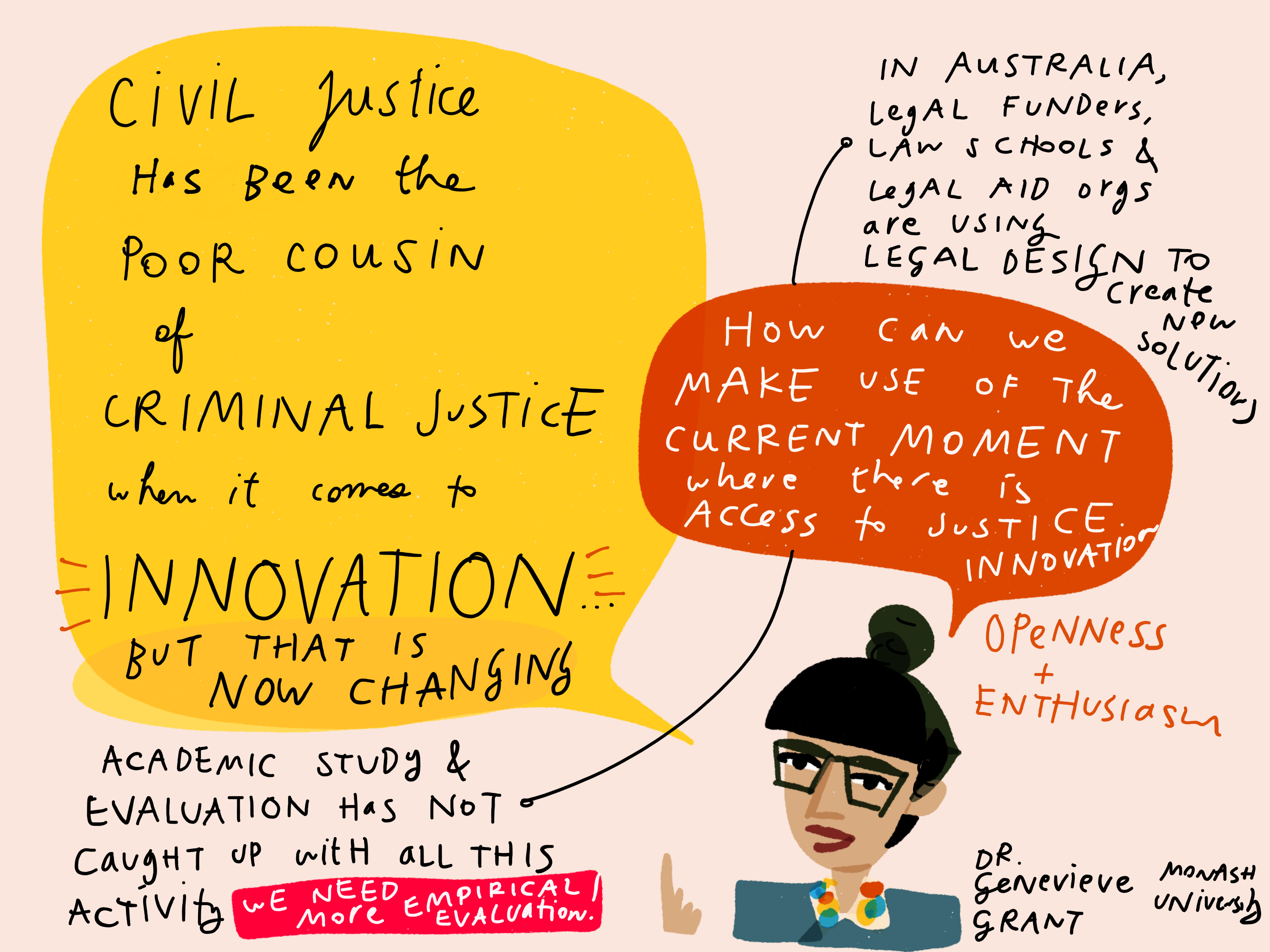
From day 2 of the Digital Citizens conference at the University of Melbourne, Dr. Genevieve Grant of Monash University presented on how rigorous outcome, process, and ethical evaluation…
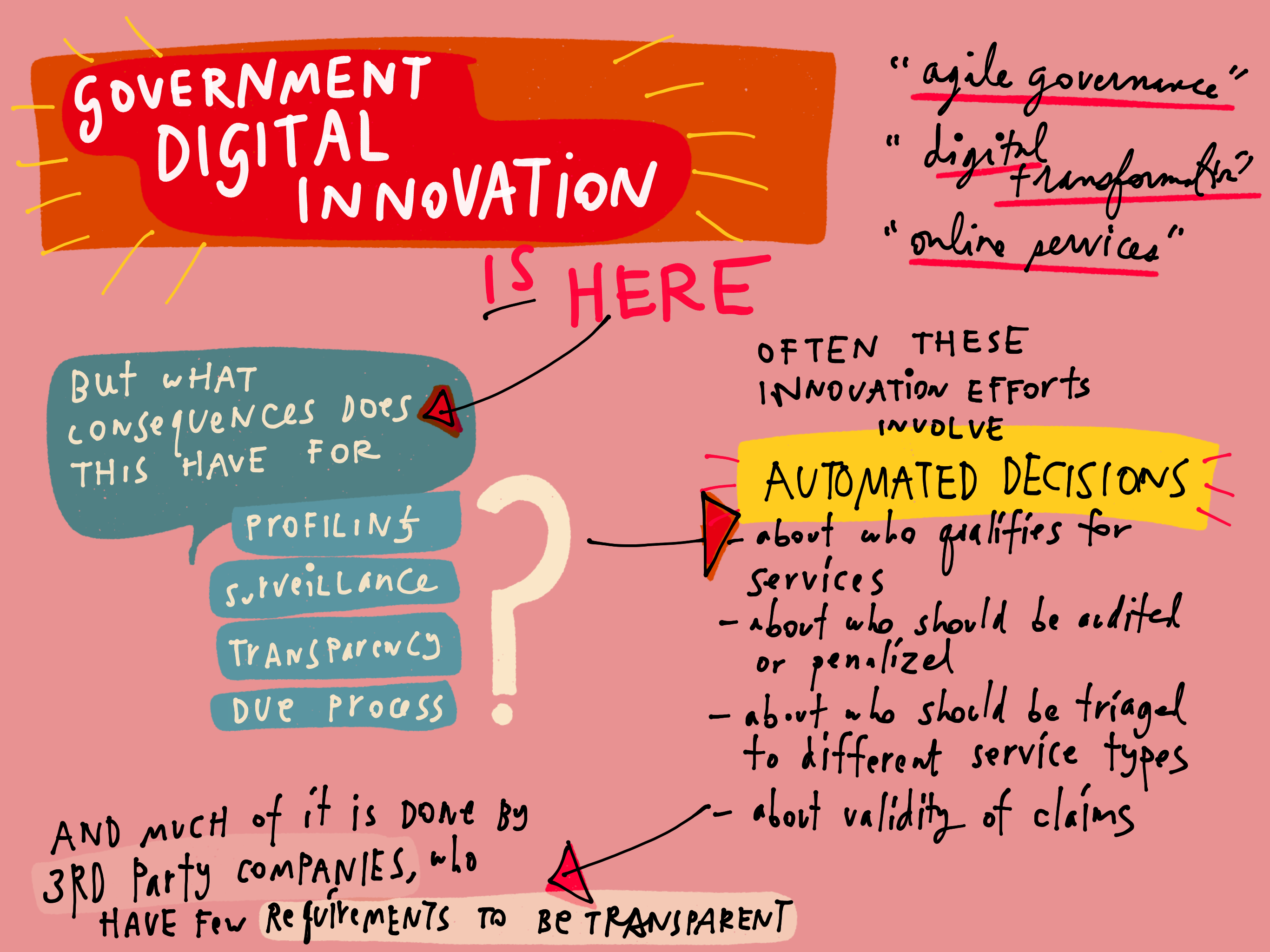
At the Digital Citizens conference, Dr. Adam Fletcher from RMIT University raised important ethical and justice questions for those working on government digital innovation. As innovation draws more…
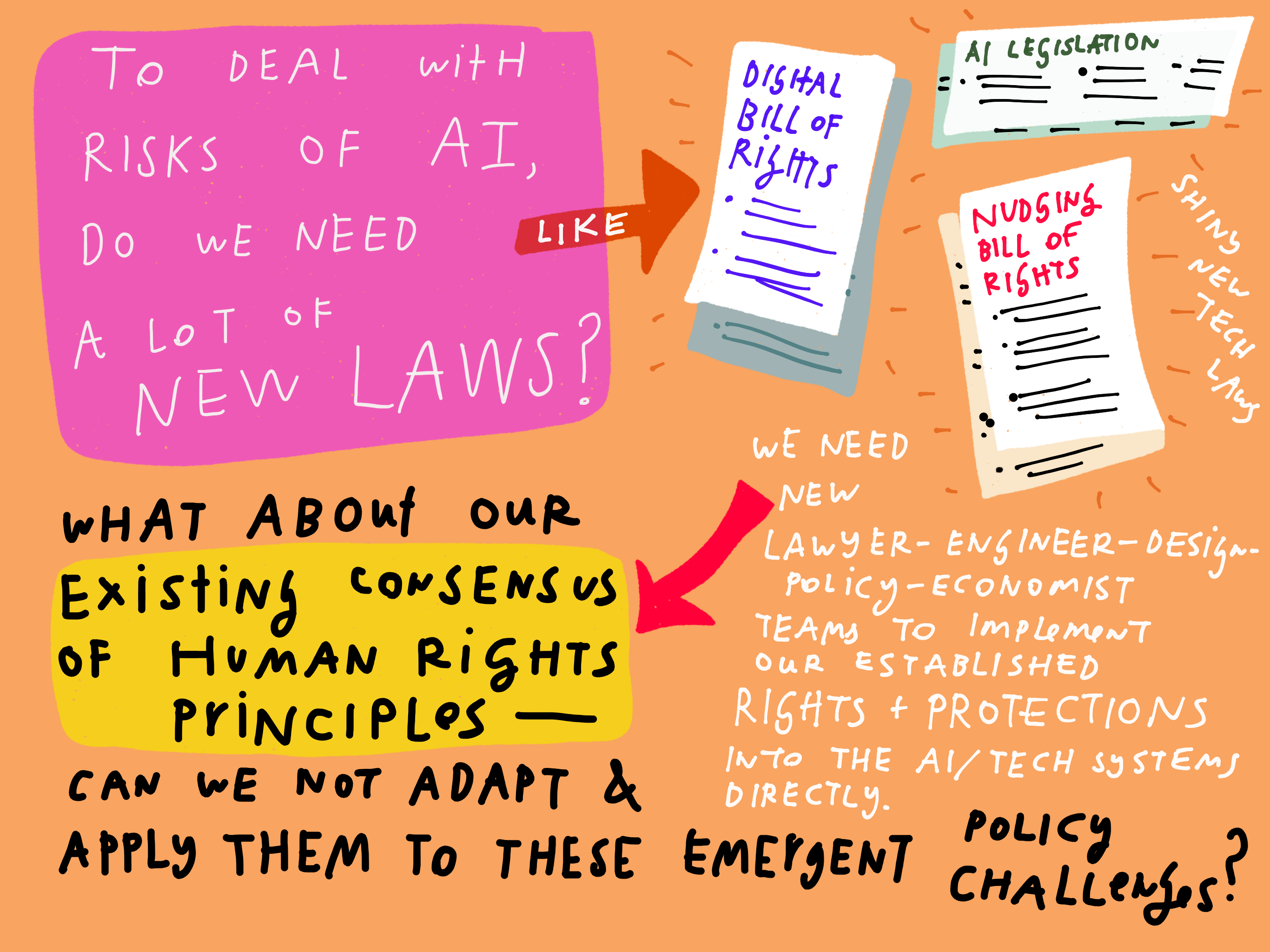
Interesting discussion at the Digital Citizens Conference: do we need new laws, bills of rights, etc. to respond to the concerns around privacy, manipulation, surveillance, and profiling? These…
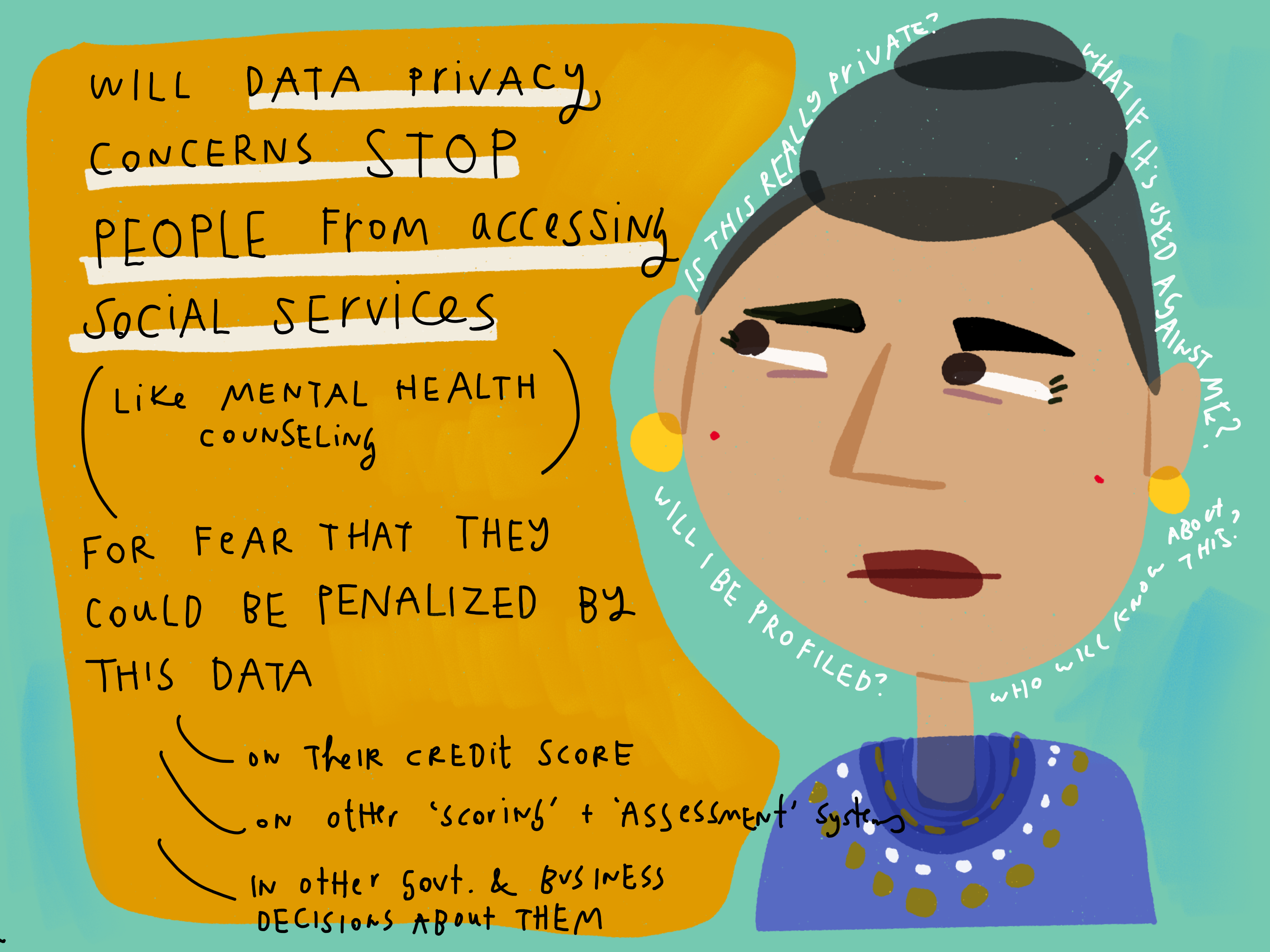
Today I am at the University of Melbourne at the Digital Citizens conference, where the discussion is about concerns arising around data markets and AI interventions. Will there…
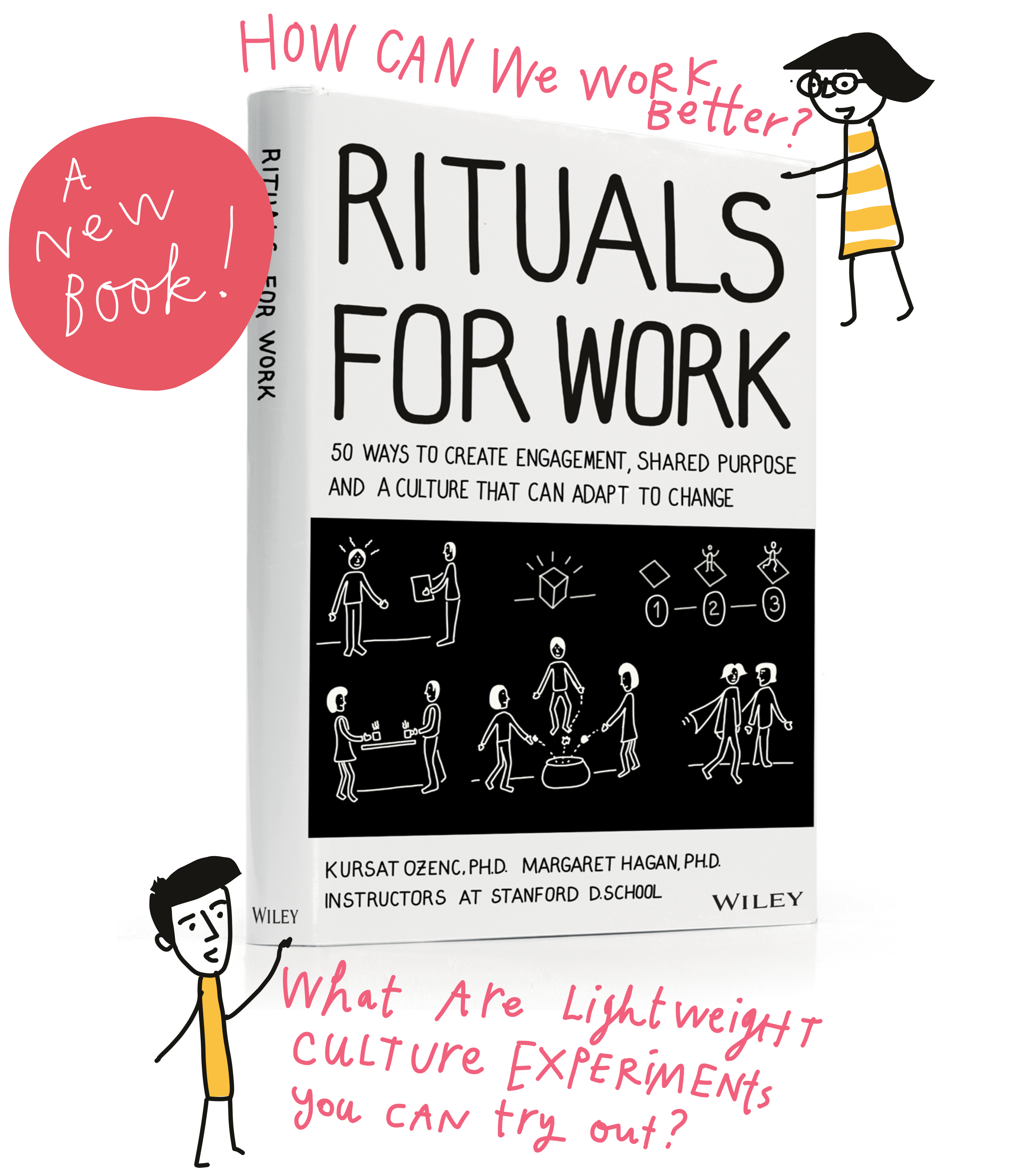
I have been lucky to have a lot of autonomy in my career so far, but it’s also been a priority in my professional choices. Especially after reading…
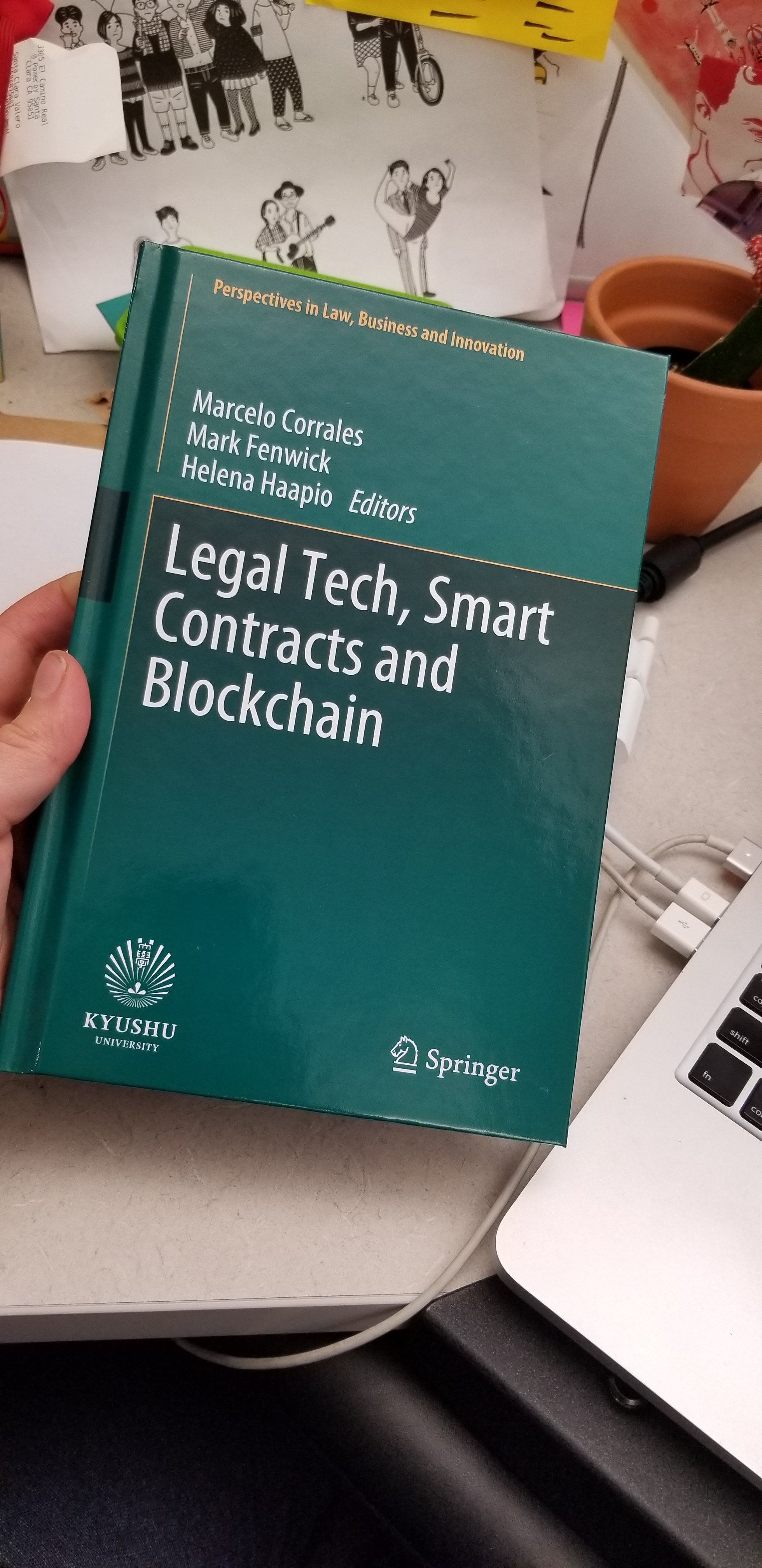
I have a new piece out, as a chapter in a larger book on Legal Tech, Smart Contracts, and Blockchain. My chapter, “Exploding the Fine Print: Designing Visual,…
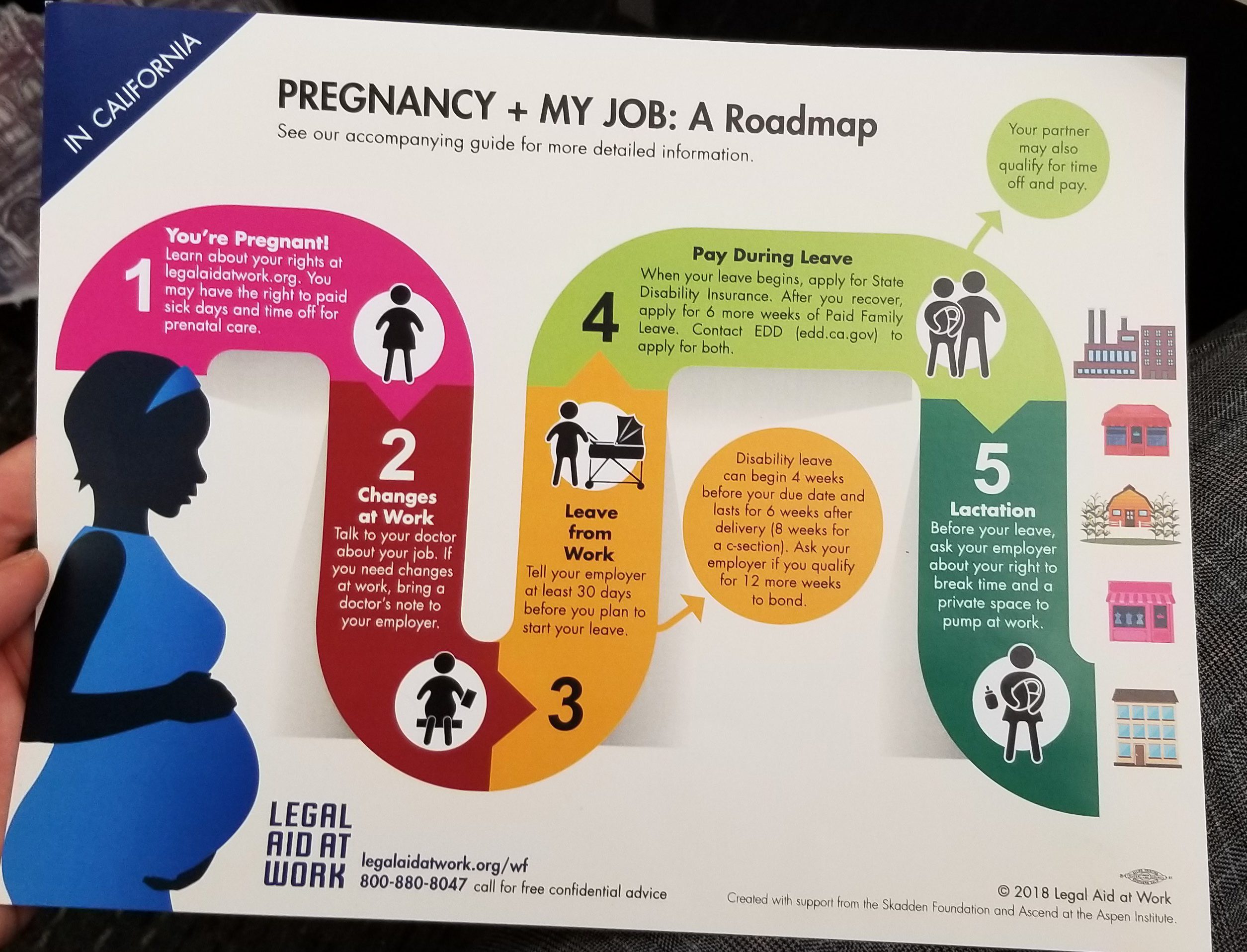
Here is a great example of visual self help. It comes from the legal aid group, Legal Aid at Work, here in San Francisco. They went through an…
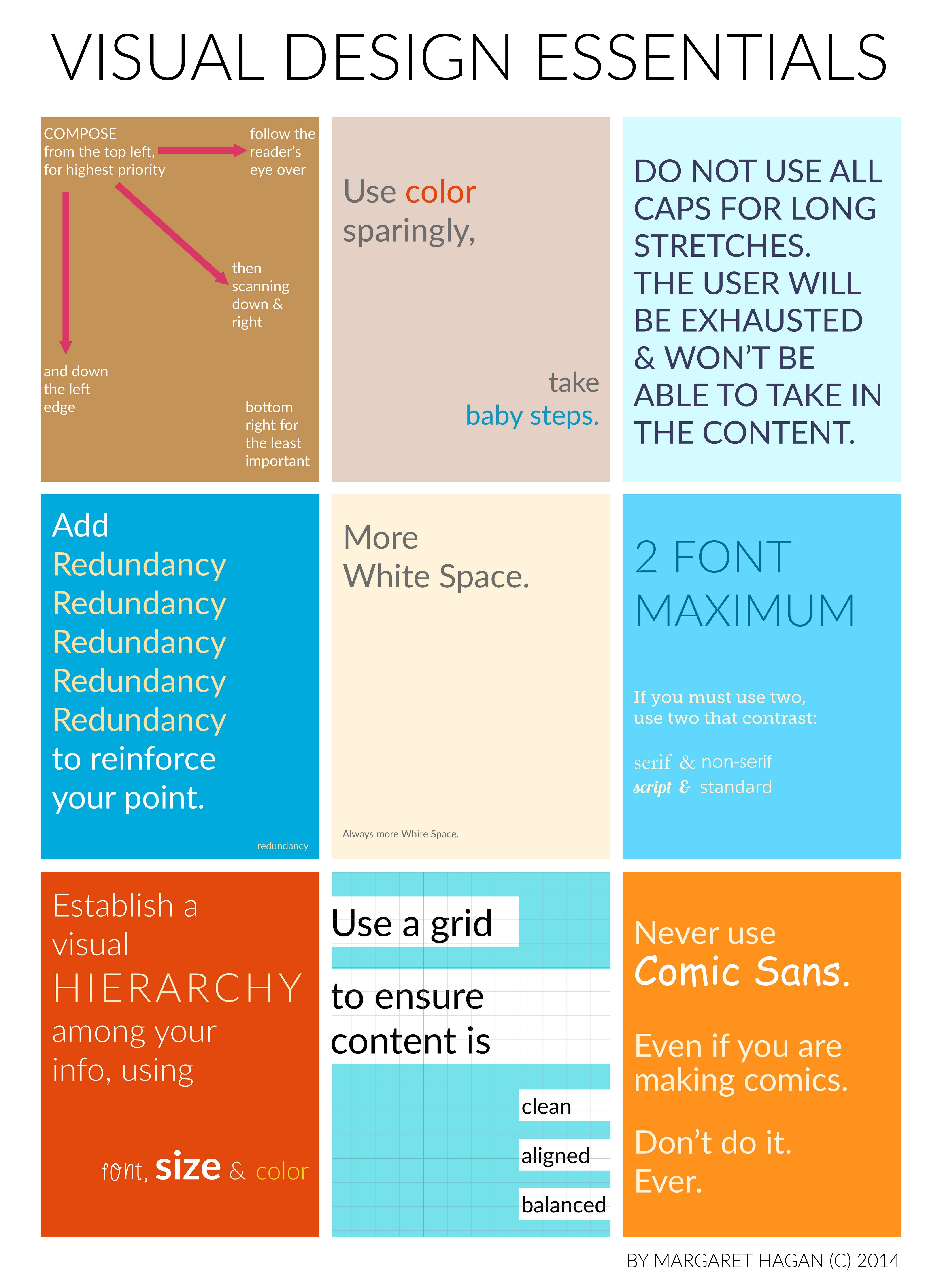
I was having a conversation with a professor this morning who is interested in amplifying her work in doing diagramming, drawing, and visualizations in law. We had a…
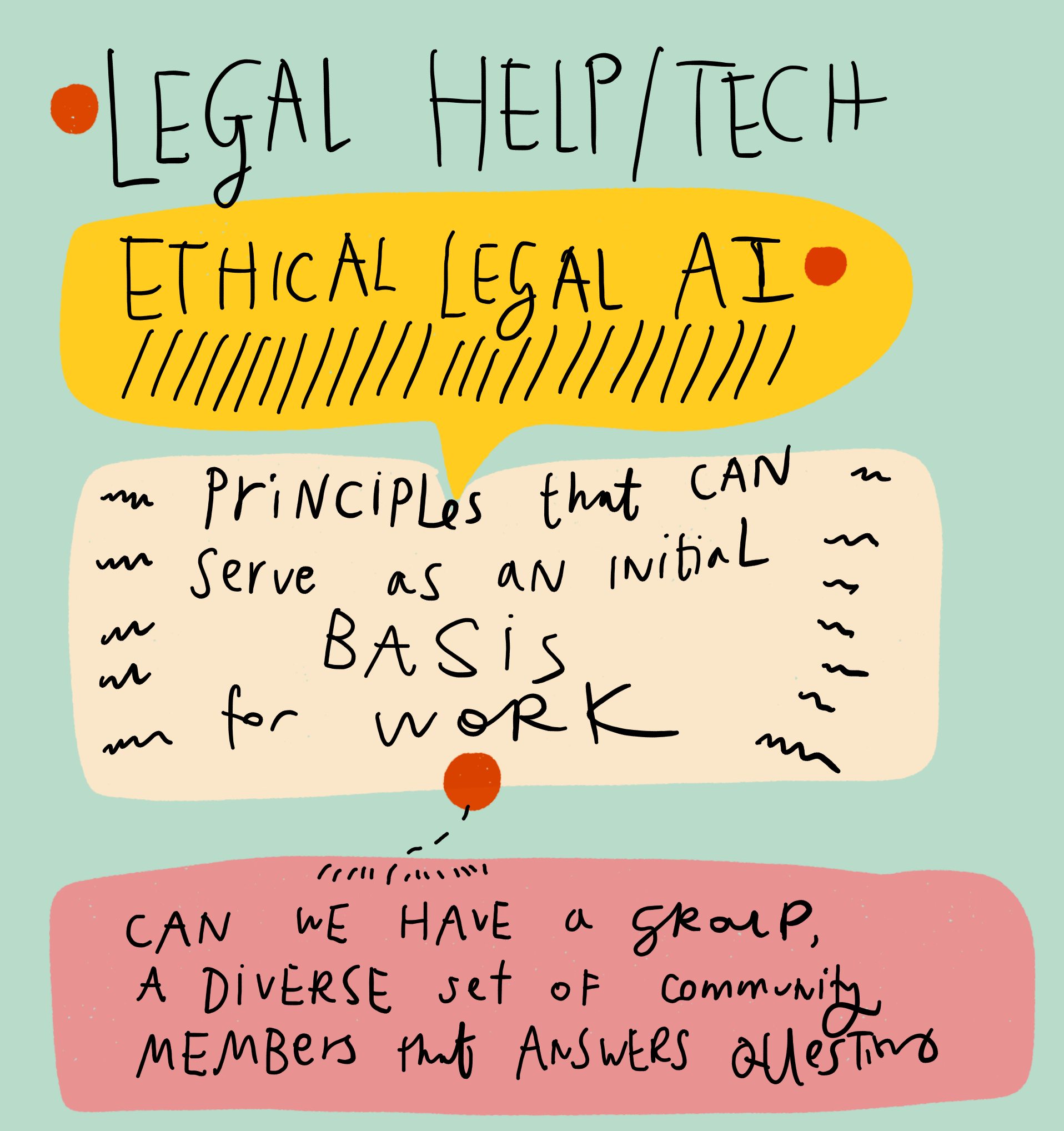
January’s Legal Services Corporation ITCon (the conference formerly known as TIG) is the best place for legal aid technology geeks. Someone explicitly called me a geek at this…
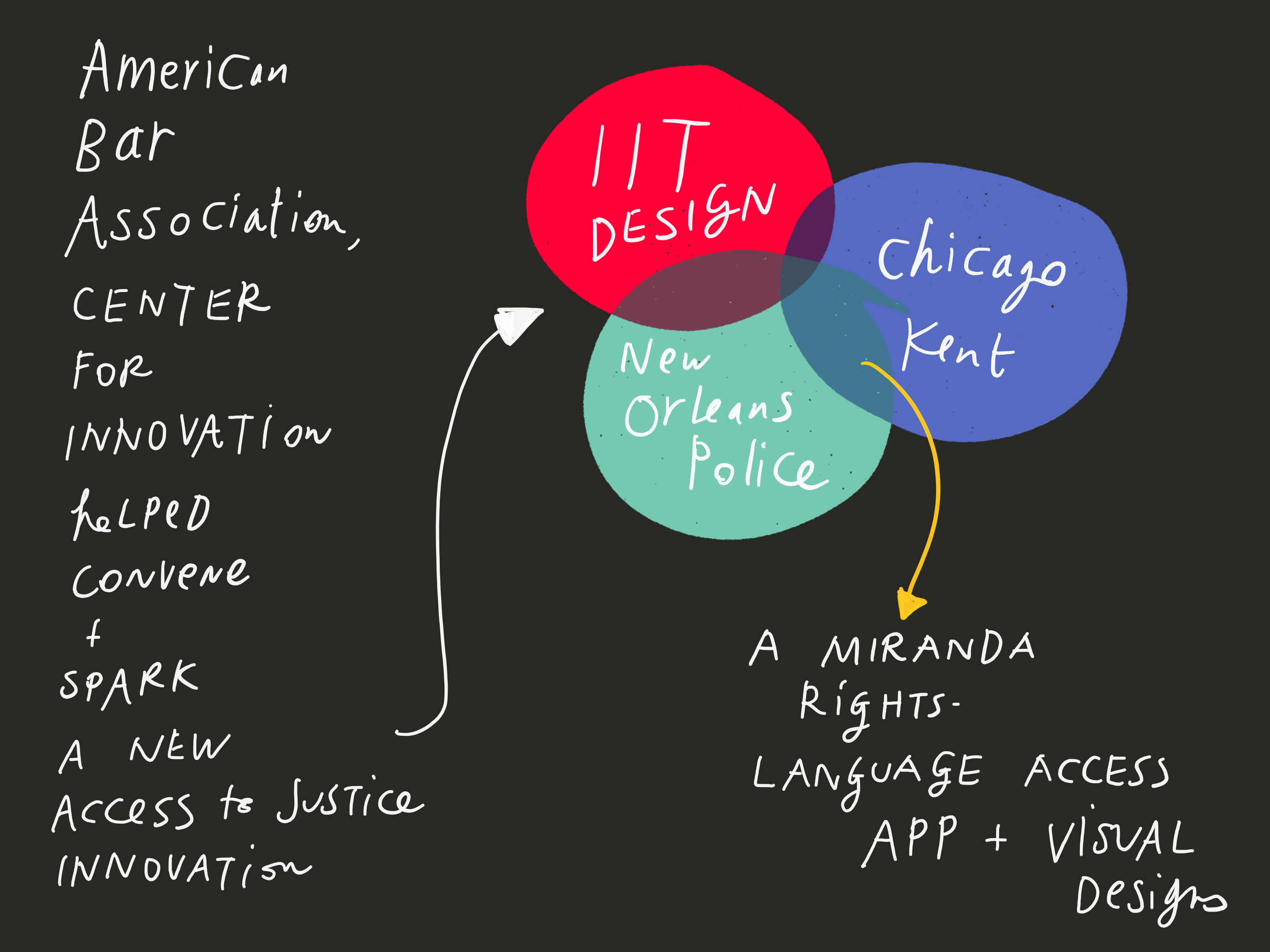
Yesterday I went to the ABA Midyear meeting to attend the Center for Innovation meeting, and also sit in on a session about ‘Maybe there’s an app for…
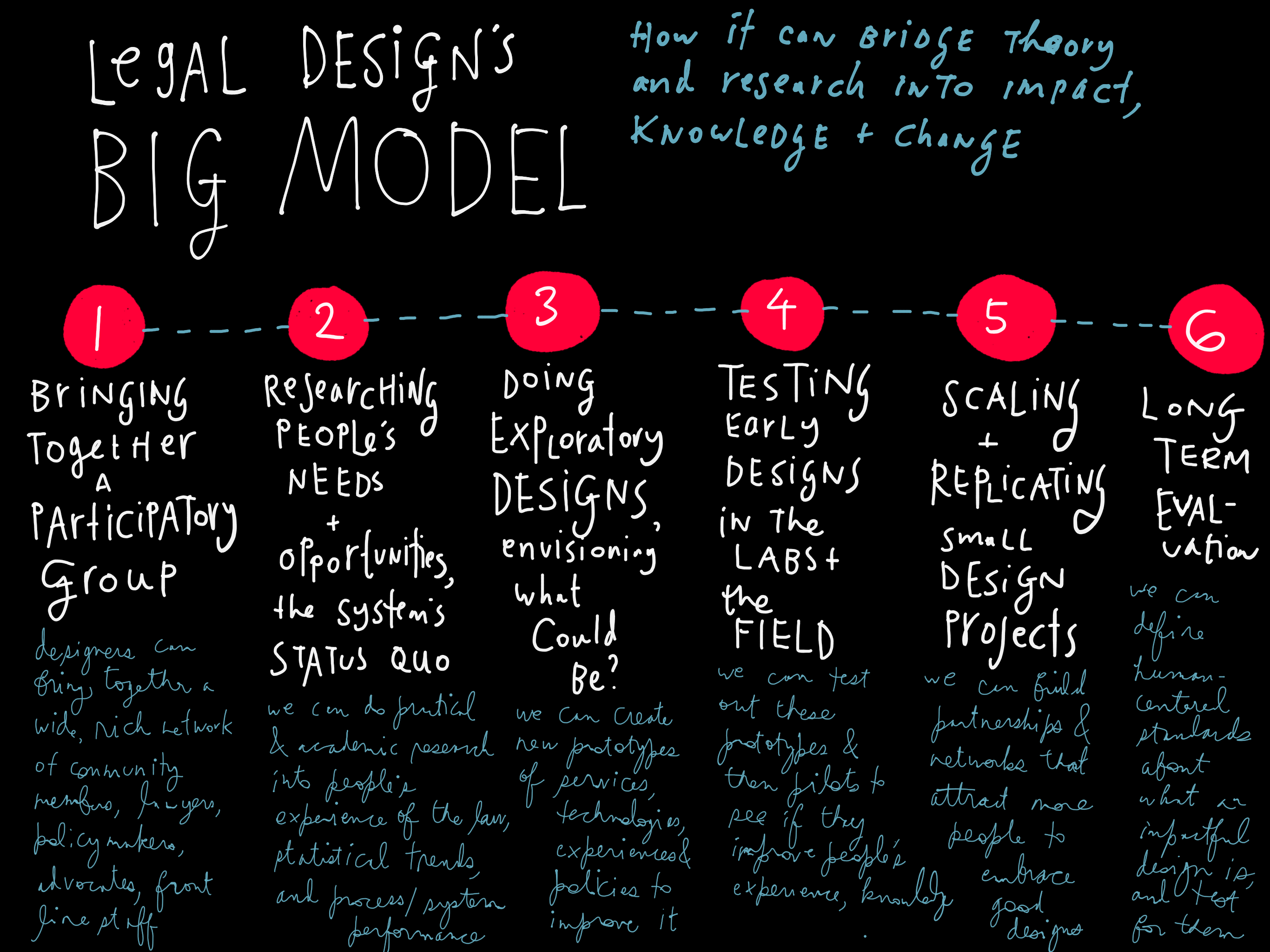
Today a vision of legal design is coming together at the Jurix workshop. How do we combine the powers of design fields –information, service, policy, and beyond —…
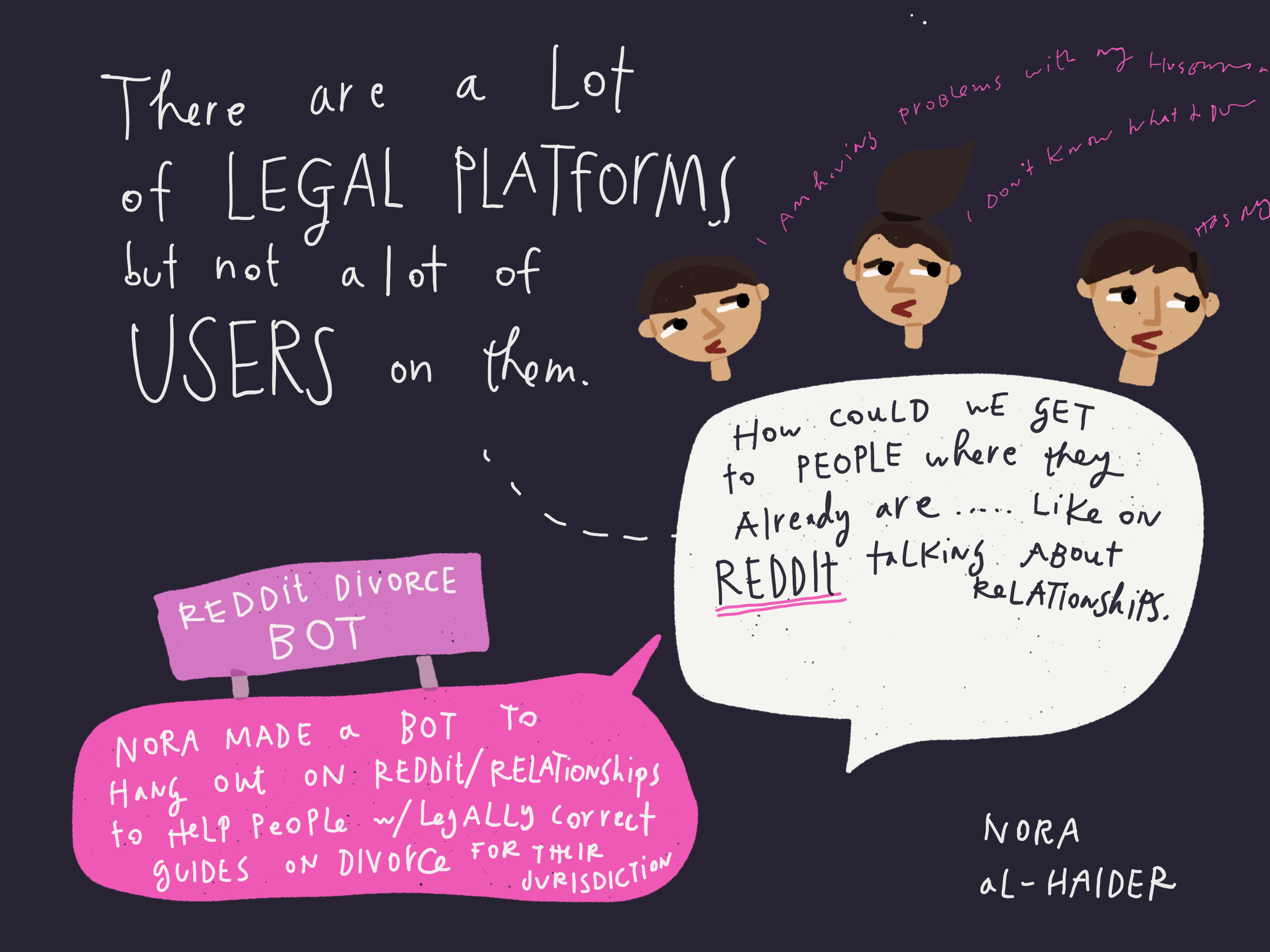
How do we design access to justice tools that get out to where people with legal problems already are — and not expect them to come to new…
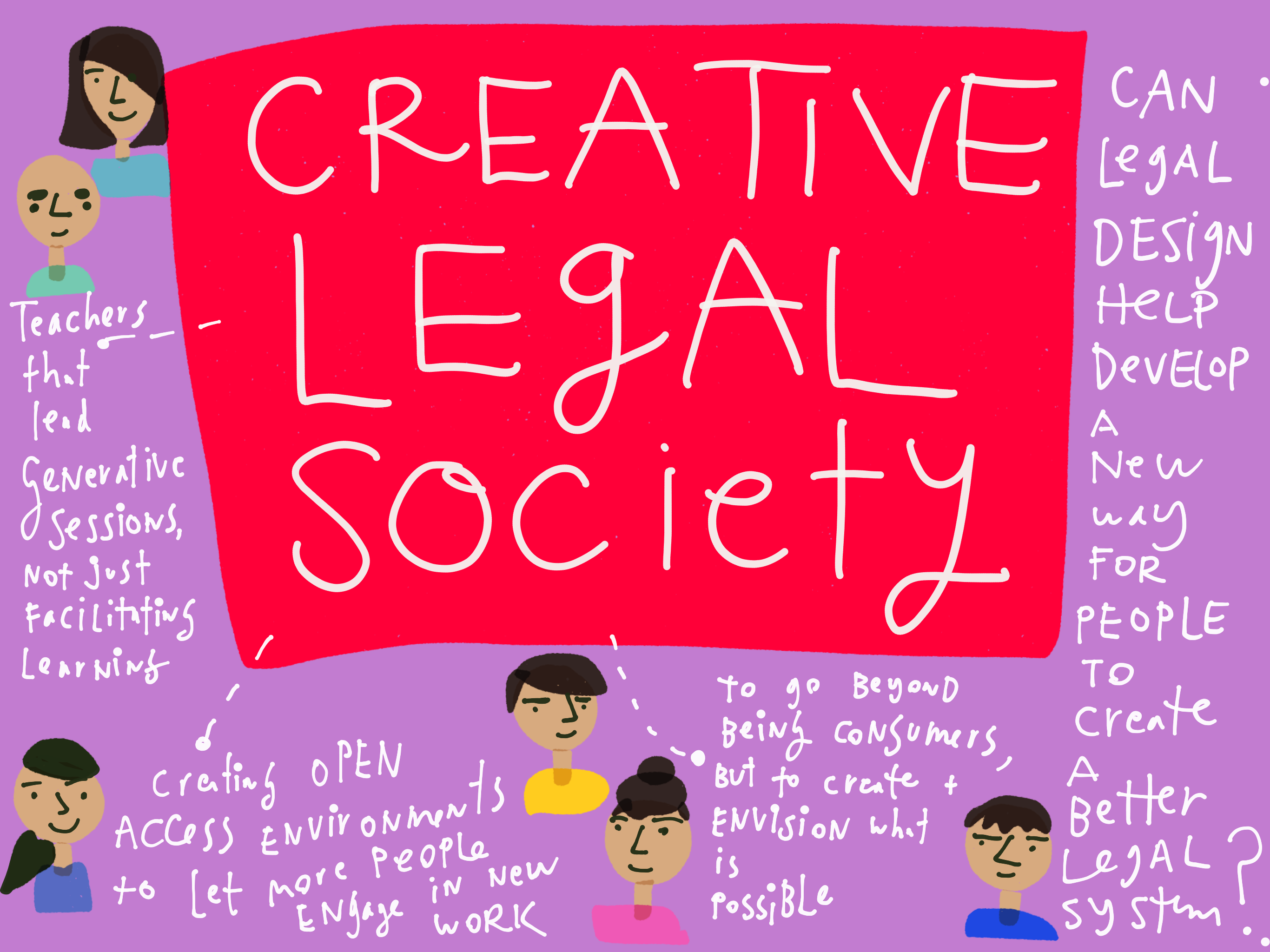
Some more thoughts from presenters on Jurix’s Legal Design workshop –about the emergent tribe of legal designers, how they reckon with “law”professionals who are more traditional — and…
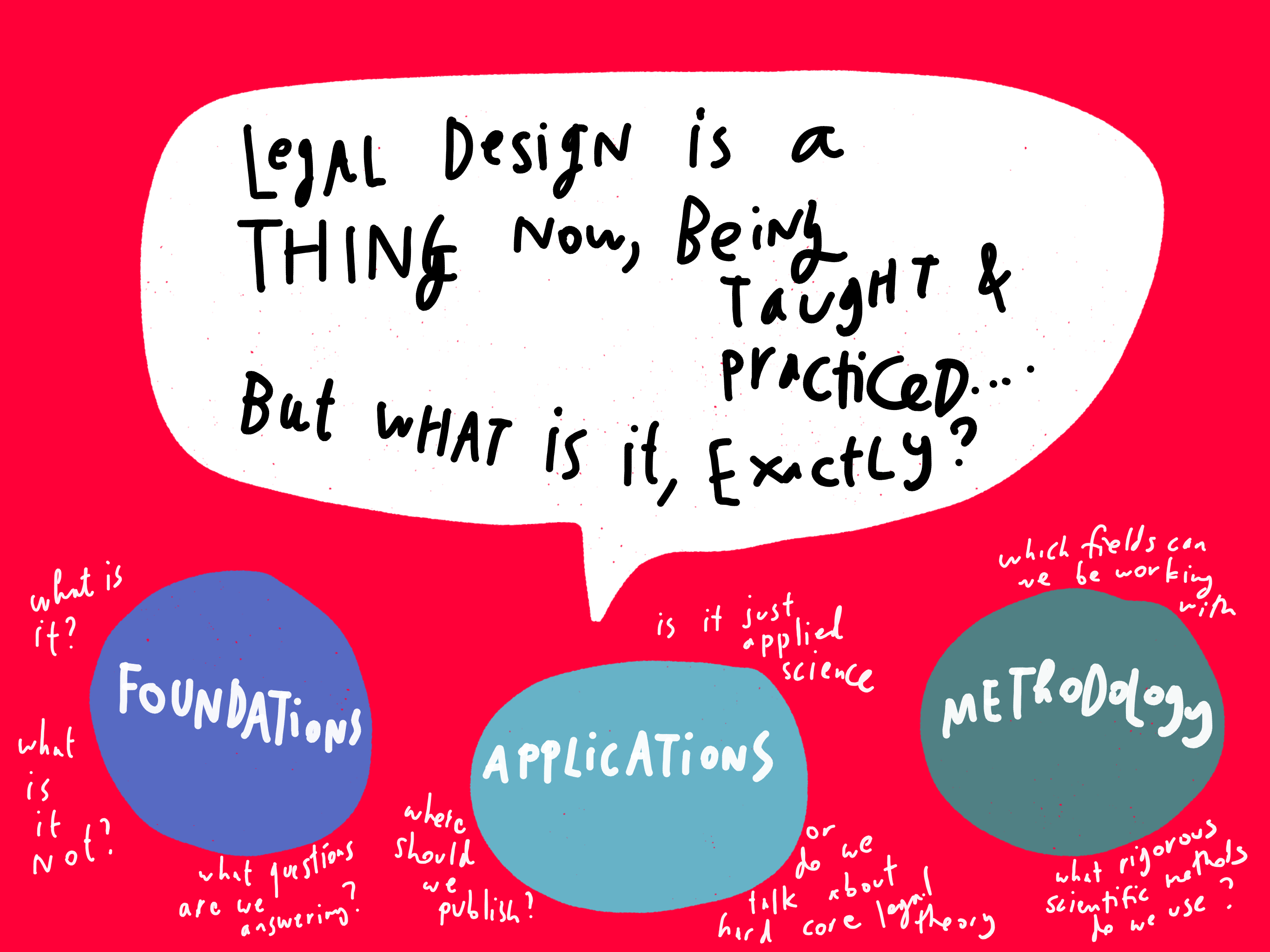
Today is the Legal Design as Academic Discipline workshop at Jurix. The big questions are on the table about what this nascent field will be. These opening thoughts…
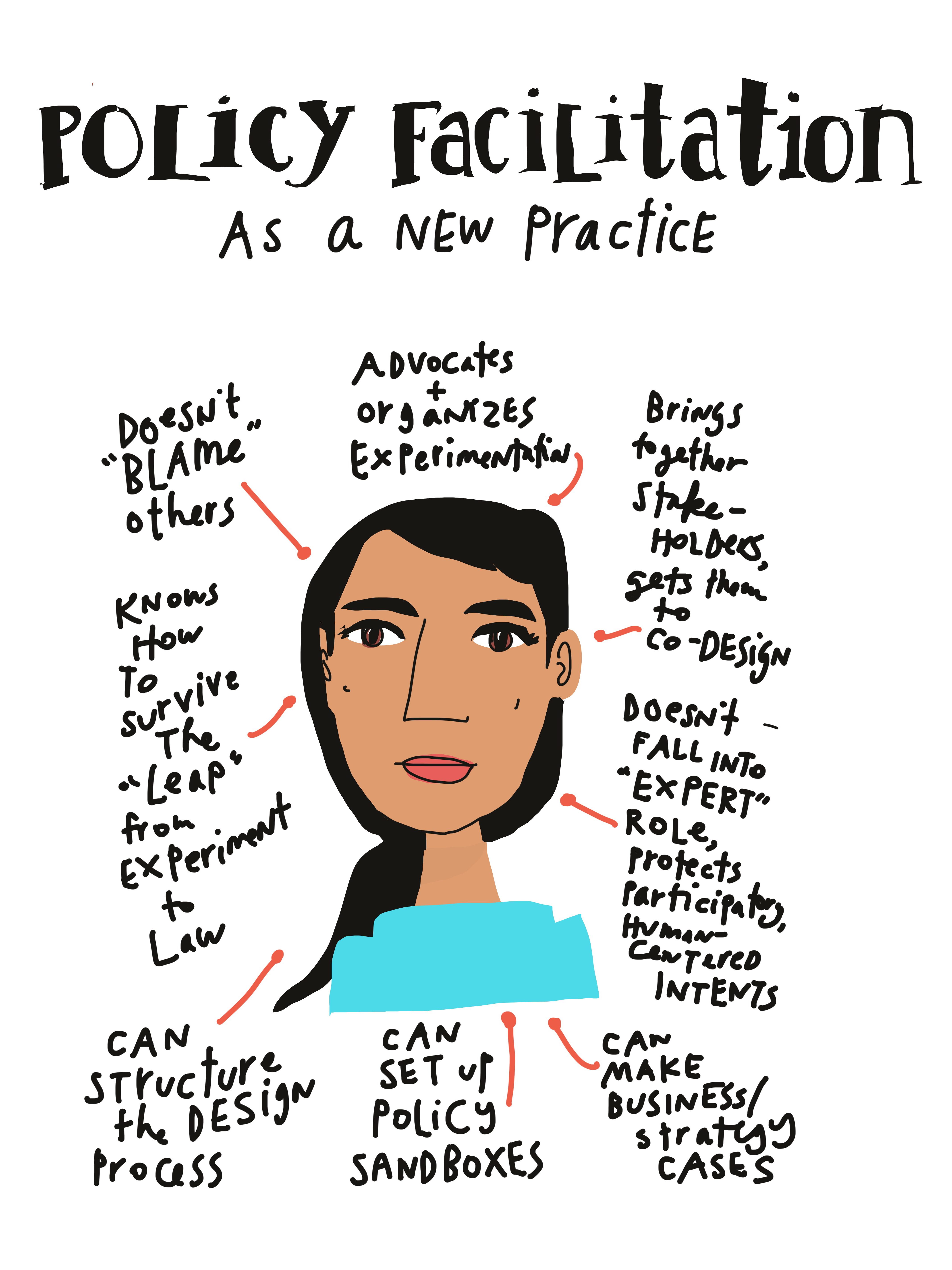
A vision of a new type of policy maker crossed with designer. How can we train our future lawyers and policymakers to have his facilitation ability? Just like…
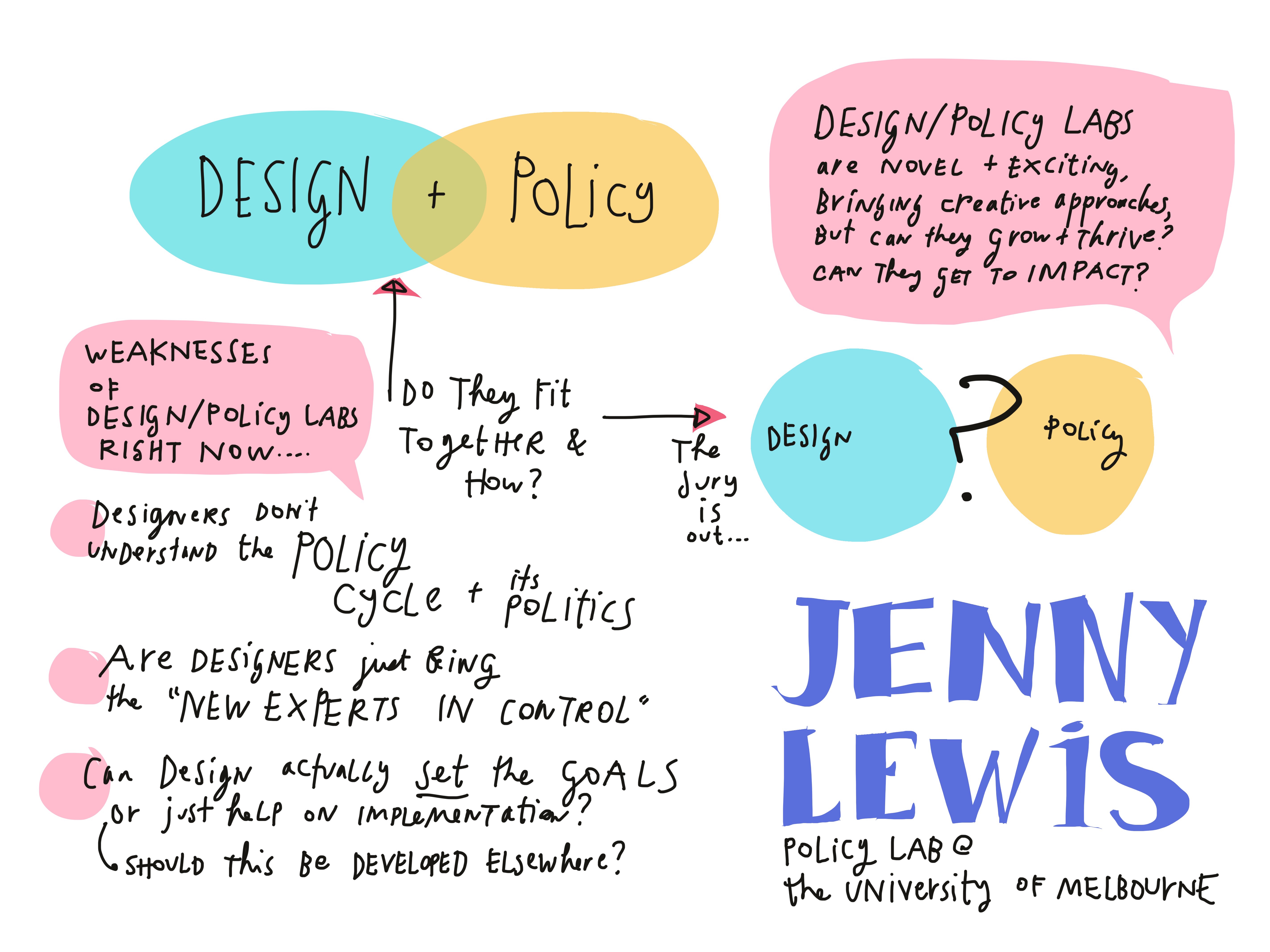
Professor Jenny Lewis from the University of Melbourne has been studying the rise of policy labs and design in government. She finds some key weaknesses and some big…
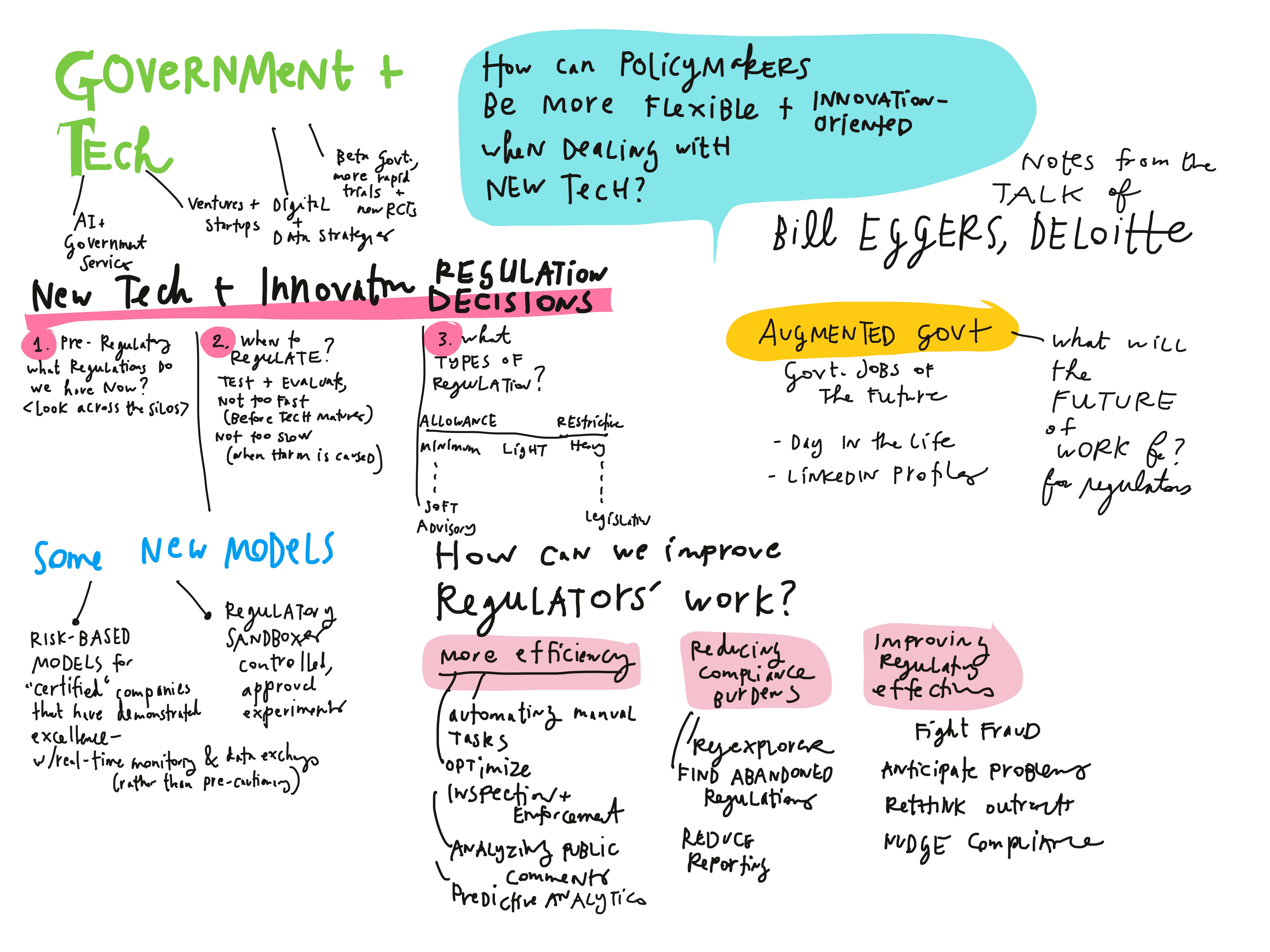
What does the near future of government regulation look like in the age of huge tech changes and new business models ? Bill Eggers from Deloitte maps out…